#ninth
Explore tagged Tumblr posts
Note
Gid and Harrow, what made you decide to leave the church?

#gideon the ninth#gideon nav#harrowhark nonagesimus#the locked tomb#artlog#backstory#ninth#cult#the plot thickens
538 notes
·
View notes
Text
something inch resting i noticed about these two critically acclaimed lesbian texts

Jennifer's Body (2009)
The Locked Tomb series by Tamsyn Muir
#there's probably some poignant literary analysis to be drawn here#but i can only get so far as they should have fucked nasty and maybe it would have fixed them#the locked tomb#tlt#jennifer's body#jennifers body#gideon the ninth#gideon nav#harrow the ninth#harrowhark nonagesimus#jennifer check#needy lesnicki#anita lesnicki#ninth#paxtxt
176 notes
·
View notes
Text

Reita hugging and holding onto his bass at the end of Sono Koe Wa Moroku.
75 notes
·
View notes
Text
Black B- PASS- Special Issue - The GazettE - NINTH Reference book - (part 3 - Members interview translation)
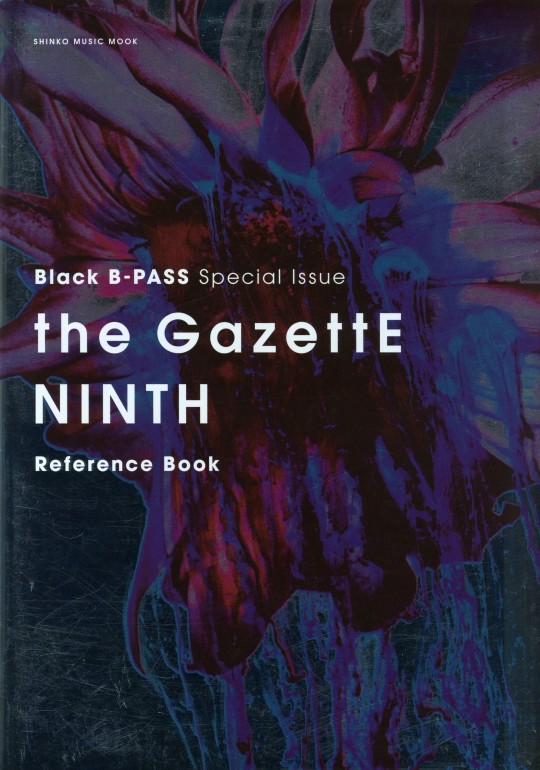
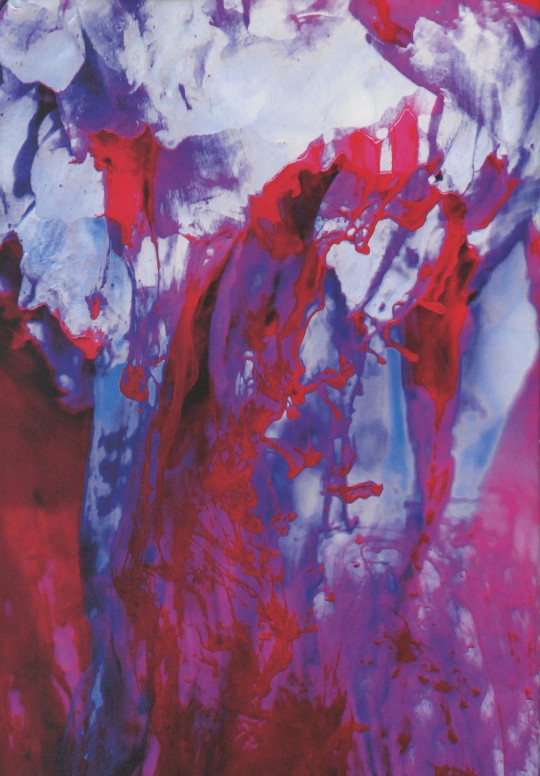
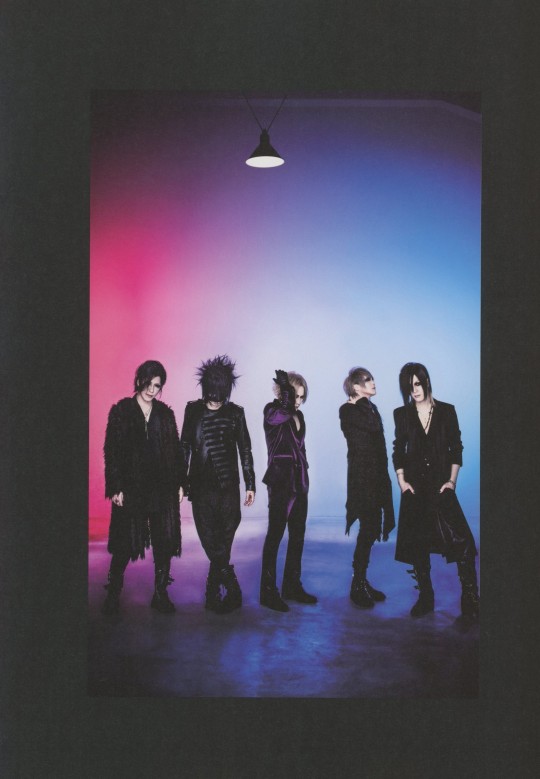
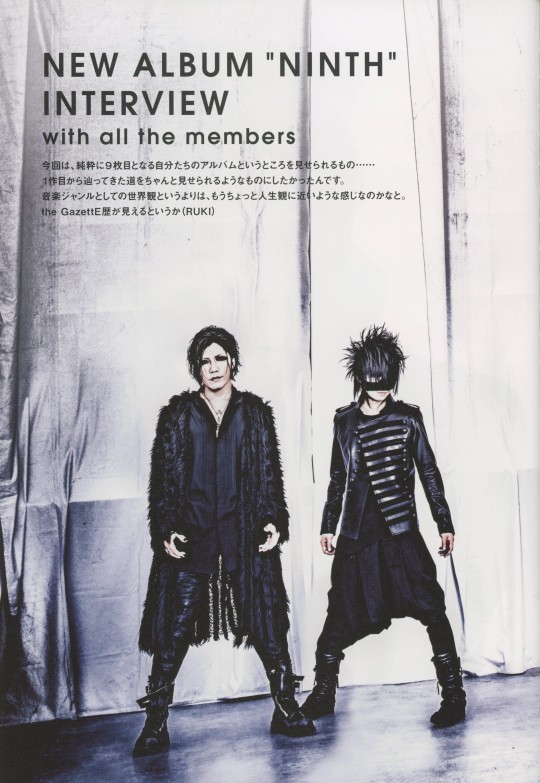
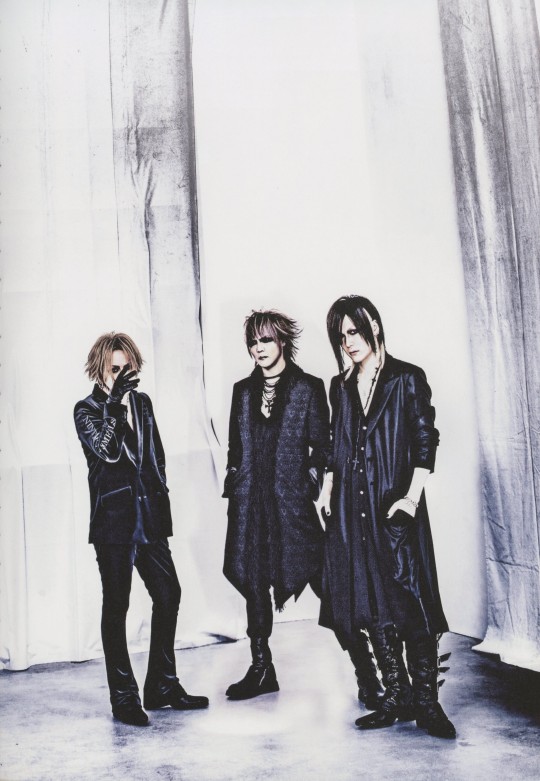
■ Interviewer: Finally... after three years, a new original album!!
Aoi: Why are you trying to force the excitement? (laughs)
■ Interviewer: Please don’t tease me (laughs). Since this band interview will introduce the magazine, can you tell us your first thoughts upon completion?
Ruki: First thoughts? All I could think of was "death." There was nothing but death (laughs).
Uruha: (Laughs)
■ Interviewer: Death, you say (laughs). So you felt utterly spent.
Ruki: It felt like a posthumous work.
Reita: (Laughs) When it was done, it felt like, “Ah, we made it through.” When you’re extremely sleepy, it’s like…
Ruki: Turned to "nil" (laughs).
Reita: Yeah. And it’s amazing we finished in time.
Ruki: Anyway, I was thinking, "We have to make it in time!" But even when we did, it didn't feel like we could take a breather.
Kai: That's true. There was a sense of relief, but also a feeling of, “Did we really do everything we could?” (laughs). Now that some time has passed and I’ve listened to it repeatedly, I feel like we made a good piece of work. Of course, there were no issues (laughs).
Uruha: For me, after the mastering was finished and I listened to the final version, my first word was, “Fast.”
■ Interviewer: What do you mean?
Uruha: It’s about 45 minutes long, but it felt shorter. Like, “That was quick.” Even though we spent so much time on it, I thought, “Is that all?” (laughs). There was a sense of ephemerality in those 45 minutes.
Ruki: Your words just summed it all up... Thank you very much.
■ Interviewer: No, we’re not done yet (laughs). What about you, Aoi?
Aoi: If I only talk about the moment we finished... it was like I passed out, and then it was over (laughs).
Reita: That’s right (laughs).
Aoi: But everyone really did their best. By the end, everyone was working purely on willpower. The mixing took a long time, working from noon to morning, and then starting again at noon. But those behind-the-scenes stories don’t really matter to the listeners.
■ Interviewer: Since you’re all saying it was that tough, does that mean this was the hardest production process ever?
Aoi: The production process seems to get harder each year. Not just the music, but everything we release takes a considerable amount of time.
■ Interviewer: In recent years, it’s not just about judging the music but also doing more hands-on work yourselves, right?
Aoi: We want to release something we think is cool... because we are people who want to show everyone something we find cool. It’s a natural flow for it to take time. It’s not about how others evaluate it, but about showing everyone what we think is good. We want people to listen and feel it, so we get particular about it regardless of the time it takes. Of course, the workload varies, and we hardly saw each other towards the end, but being together for 16 years made it possible... Is it okay if we wrap up here?
■ Interviewer: Hahaha! So, we're still in we're still in the introduction part (laughs).
Ruki: Please structure it with bold letters like this.
Reita: Shall we move on to the personal interviews then? (laughs).
■ Interviewer: No, no (laughs). Let's go back to the topic. the GazettE is often seen as a band that emphasizes its worldview, but you are also a band that follows what you want to do at the time, making you quite free. From "TOXIC" to "DIVISION. BEAUTIFUL DEFORMITY," and "DOGMA," what direction were your desires headed in with "NINTH"?
Ruki: "DOGMA" was a conceptually strong album, so the songs had a certain direction. This time, we wanted to show that this is our ninth album, something that reflects our journey from the first album to now. Rather than focusing on a musical genre, it’s more about showing our life perspective—something that reveals the history of the GazettE.
■ Interviewer: So it’s a condensation of the GazettE’s trajectory.
Ruki: Yes. We’ve done many things to get to this point, and now we’re straightforwardly showing that. Without aiming for a particular image or how we want to be seen, we wanted to say, “This is the GazettE now.”
■ Interviewer: When this kind of guiding principle—being both a theme and not a theme—was presented, what did you all think?
Kai: It fit perfectly with being a theme yet not a theme. However, we didn’t specifically discuss it like we did with the "DOGMA" concept.
Ruki: Yeah.
Kai: It wasn’t something that could be understood simply. I kept wondering if there was something more to it. Of course, I knew it was our ninth album, but I initially thought the title “NINTH” was temporary. But when it was officially decided that the title would be “NINTH,” my thinking shifted to what RUKI mentioned.
Ruki: Regarding each song, I think we were talking about their positioning in live performances, whether they were fun, intense, or whatever.
■ Interviewer: I see. So, while it's full of aggression, there are also ballad-like, melodic, and melancholic songs.
Uruha: Yeah. At the initial stage, it was like deciding a setlist, keeping live performances in mind. That was always the foundation. Since the previous work "DOGMA" was such a strong image-driven project, we knew we weren’t going in that direction again. We thought it would be natural to go in a more straightforward direction this time. So, we naturally came up with songs while considering live performances. As the songs gradually came together, we sometimes felt a certain atmosphere was missing and created new songs to fill those gaps. But the basic approach was natural.
Aoi: So, while we were mindful of live performances, there wasn’t a clear overall vision. It was more about putting out songs and adjusting as we went along. Even when you talk about a “live feeling,” there are many different forms that can take.
■ Interviewer: So, as time passed, "NINTH" gradually took shape, and everyone started to share a concrete overall vision at the same time?
Uruha: Well, we might not have had a clear overall vision until the very end (laughs).
Aoi: Yeah, I think we didn't have one this time.
■ Interviewer: That’s surprising. Didn’t that make it more challenging?
Ruki: There was the difficulty of creating songs that fit, but we weren’t particularly aiming for a unified world view throughout the album. When you listen from start to finish, the flow was already good. It’s because we had “DOGMA” that we ended up this way. Instead of a single story like “DOGMA,” this album is more purely about the current the GazettE.
Aoi: That's right. It's different from saying we have no concept.
Ruki: Exactly. If you ask if there's no concept, it's more like, "Hmm..."
■ Interviewer: So, because you have 16 years of experience, you can naturally express what’s inside and shape it into an album?
Ruki: Yes… So, it was like making a typical album. Creating a piece with a beginning, middle, and end. The title reflects this too. It's not about having some big overarching theme, like the title suggests, but rather each song has its own world, expressing what "the GazettE of 2018" is about, I suppose.
■ Interviewer: I wonder if there's a deep meaning behind the word "NINTH" here.
Ruki: Well, that might have been typical for us in recent years. But honestly, I can't really say anything much about it this time (laughs).
Reita: Haha, yeah, that's true (laughs). Also, we've always been conscious of making something that shines in live performances, but I feel like that standard keeps getting higher each year. So, this album might just be a collection of things that meet that standard.
■ Interviewer: When the songs started coming together, did you all naturally understand and play them in sync with each other?
Ruki: How was it?
Reita: In terms of being in sync... This time, we really only gathered for pre-production at the very beginning (laughs).
Uruha: Well, there were parts that went smoothly and parts that were challenging. But we introduced a system for smoother data exchange this time, which made interactions between members less stressful than ever before.
Reita: Yes, we’re fully modern kids (laughs). It was very convenient.
Uruha: In the past, we’d email files, and if you missed the email, it could be a problem. This time, we had a place where the latest data was always available, so we just had to check there.
Ruki: Certainly, when the members gathered, there was always the task of taking something home with you, so the process of finalizing things was probably less than usual.
Reita: And (with emails), sometimes when you tried to download the data, it would already have expired.
Ruki: That happened a lot.
Reita: But that doesn’t happen anymore.
Uruha: It's hard to ask for a resend, so sometimes you just had to wait for the next one (laughs).
All: Hahaha!
■ Interviewer: You wouldn’t have to say, “Send it again,” which can delay things (laughs).
Aoi: Haha. But, it's really convenient, huh? Especially because corrections could be made quickly.
■ Interviewer: It seems like this approach really suits the current state of the GazettE. Just from this segment, it sounds like everything went incredibly smoothly, but...
Ruki: Actually, it was quite difficult (laughs). Especially the process of producing the songs. It’s like harvesting vegetables.
■ Interviewer: I see, starting from planting the seeds.
Ruki: Yes. And the cooking after harvesting is quite challenging too, waiting for the final product to be good.
■ Interviewer: So here we have 12 carefully selected masterpieces.
Ruki: Yes. There were some songs that weren't completed until the very last moment to ensure they were satisfactory. It's like that song from “Kiteretsu Daihyakka” - “What happened to the cabbage?” (laughs).
■ Interviewer: Which song was completed at the very last moment?
Ruki: ……………… Oh, it just smoothly went by. (laughs).
Reita: Ahahaha!
■ Interviewer: Oops, I should have reacted more! (The interviewer was not familiar with the opening theme of “Kiteretsu Daihyakka” called "Cooking March")
Ruki: It's okay. The 11th song, "ABHOR GOD."
Reita: That one was tough.
Ruki: It's the crucial part that leads towards the very end.
■ Interviewer: I heard that the whole band composed this song together, which is rare for the GazettE.
Ruki: Yes. Because I was working on the lyrics, I wasn’t able to join the band for that part.
Reita: Well, he was kind of like remote control (laughs).
Uruha: There were about three different versions... no, maybe more.
Kai: Yeah, there were more.
Reita: And in the end, it mutated suddenly.
All: Hahaha!
■ Interviewer: I see (laughs). The sing-along chorus “Wow - Wow” is also fresh for the GazettE.
Ruki: I recorded that part after everyone had already heard it. I didn't have time to let them hear the demo, so I presented it after recording it, saying, "Here it is." On the contrary, I was curious about how the four of them had created it together. When I asked Uruha, he said, "REITA jumped around..." and "We made it so that it would be jumpable."
Reita: Well, I just jumped around. And the next day, I had muscle pain.
All: Hahaha!
Aoi: I watched the process closely without getting too involved.
Ruki: This part was handled by Kai, this was what REITA mentioned, parts where members were involved are well reflected, I think.
Reita: When I sent the data and asked, “How is it?” RUKI responded with, “How do you all feel about it?” (laughs). He wrote something like, "Are you guys having doubts?"
Uruha: Well, we were (laughs).
Reita: RUKI probably had a different idea in mind. It wasn’t quite that… more like…
Ruki: Well, rather than different…
Kai: It was more like I received directions from RUKI saying, "I want it to feel like this," so I gathered up those keywords and started thinking from there.
Ruki: I thought it should be fun and intense, but the first sounds that came were quite maniacal. I thought, “Oh, maybe they’re struggling with it.”
All: Ahahaha!
Aoi: Especially these two (URUHA and KAI), they really felt responsible (laughs).
Uruha: We felt it, we felt it.
Kai: Yeah, yeah, yeah (laughs).
Ruki: When the song started to come together, it was quite dark at first, which made me feel a bit down.
Reita: (laughs) Sorry about that.
Ruki: There was just one phrase, an intro part in the original song. I personally thought, "Oh, that's good." So, I called and asked if it would be okay to use that as the intro.
Aoi: The rest was no good (laughs).
Ruki: No, no (laughs). We kept that part and just made the tempo a bit faster.
Uruha: Speeding up the tempo was tough.
■ Interviewer: That’s really a collaborative process for a song.
Ruki: If you say so (laughs). It might look like we flipped the table.
Reita: It felt like someone just ate the strawberries off the shortcake.
All: Ahahaha!
■ Interviewer: I see (laughs). That fun atmosphere can be felt in the sing-along parts.
Ruki: I thought it would be good to have that kind of vibe.
Aoi: So, it’s not us but the audience singing that part?
Ruki: I didn't think about it that far. Do you think they’ll sing it? In our case, even if we include such parts, our fans don’t usually sing along.
Reita: That’s true.
Ruki: It's like with "Maximum Impulse.” The members' faces just get redder and redder.
Reita: Yeah, especially me (laughs).
Aoi: Oh, I need to listen to the new chorus parts.
■ Interviewer: Yes, the new work seems to have a lot of chorus parts.
Ruki: We’ll verify it during rehearsal.
Aoi: Are there any parts that seem too difficult?
Ruki: I don’t think there were any.
Reita: Well, you say that every time (laughs).
Aoi: Sometimes, if the rhythm is completely different while playing, it’s the most tricky part.
■ Interviewer: I see. The new album also features melodious and emotionally charged songs with a straight beat, like "UNFINISHED," which might not have been possible in the previous album. Were you concerned that such impactful songs might overshadow others?
Ruki: No, not at all.
Aoi: Oh, we have a new perspective here.
■ Interviewer: Oh, really? (laughs) Did you also have the intention of showcasing the original coolness of visual kei, which is your forte?
Ruki: No, we didn’t have any intention of appealing outwardly. We just did what we thought was cool at the time. Things that might have seemed unconvincing or outdated before now feel better. We’ve always thought it’s better to be a band capable of various types of songs. After “DOGMA,” people might have assumed we’d continue in a certain direction, perhaps towards a more metal sound, but we didn’t think that way at all.
■ Interviewer: So, it wasn't intentional.
Ruki: Even if we’re good at something, it’s not intentional. On the contrary, sometimes we intentionally avoid certain things. During “DOGMA,” we purposely didn’t include audience singing parts. So, this time, it's more standard, I suppose.
■ Interviewer: Understood. And this time, you released the music video for "Falling," the practical opening track, ahead of the album. This is unusual for the GazettE, but it seems to show your unwavering confidence in the band now.
Kai: We weren’t particularly conscious of confidence in the band, but when RUKI created “Falling,” we all recognized it as the prologue of "NINTH." We felt it was the beginning.
■ Interviewer: Ah, so it's similar to the fans' perspective.
Kai: So for me, during the process of creating the song, I listened to "Falling" with the mindset that this is the prologue.
Uruha: And by not selling it, but instead choosing to release it for free, I think it definitely increased awareness. I think "Falling" was good because I heard that the evaluation of the song was high, which raised expectations for "NINTH." So, that song became a very good introduction, and I hope the album will continue to surprise with different approaches from "Falling" to "UNFINISHED." It feels like it was well-calculated, so it's ultimately alright.
■ Interviewer: Showing a glimpse of the album in advance didn’t have any negative impact; it made it more effective.
Uruha: Exactly. The album doesn’t continue with the same type of songs, so there’s no disappointment.
■ Interviewer: Aoi, how do you feel about the songs lined up in the album?
Aoi: There were parts where it was difficult to grasp the overall picture until it was completed, but the final result is very satisfying. Honestly, I didn’t expect it to fit together so well, but it turned out to be an album with a solid story.
Reita: Yes, it’s easy to listen to and has everything. We will perform other songs on the tour, but there won’t be any sense of discord when they’re combined, and I think this is the current ideal form of the GazettE.
Kai: As for me, the process was unusual and we were pressed for time, so I had mixed feelings. There were moments of anxiety, but also relief when it was finished. This album is packed with those feelings, and it’s different from anything we’ve done before. The process felt simultaneous with our emotions, rather than trying to catch up with them. The songs felt like they progressed alongside us, and I felt that strongly this time. It’s quite refreshing.
■ Interviewer: I see. How about you, Ruki?
Ruki: I poured a lot into each song, so I can’t look at them objectively yet. I have strong feelings for each song. But I can say that I put everything into it. Even though we were pressed for time, there was no compromise. It was a situation where we either compromised or didn’t sleep, and I think we managed to push through to the end. This applies to the staff and engineers as well. If I were in their shoes, I would have definitely quit. Normally, engineers don't stay overnight.
Kai: Haha, they might have felt like we were punishing them.
Ruki: So, I think what we've done up to this point won't happen again, and I feel like this album embodies that dedication.
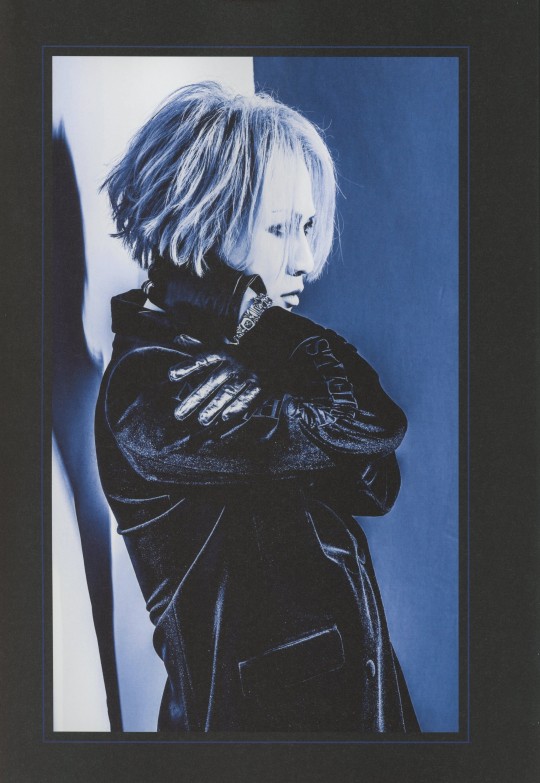
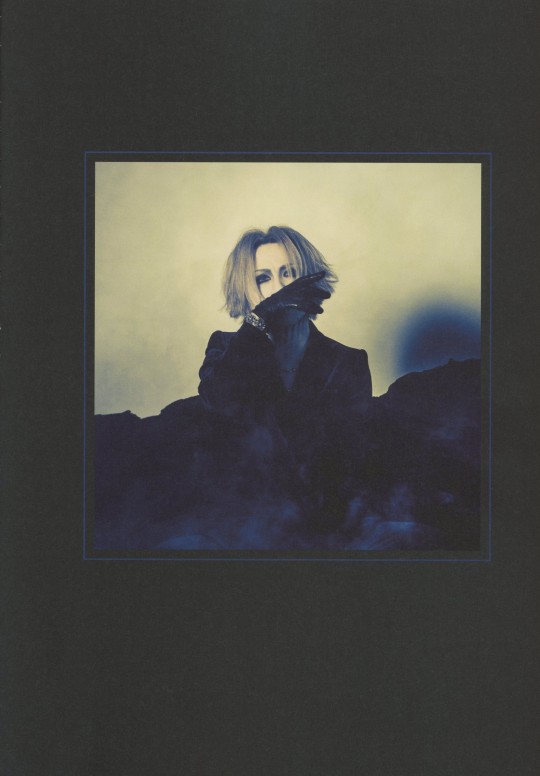
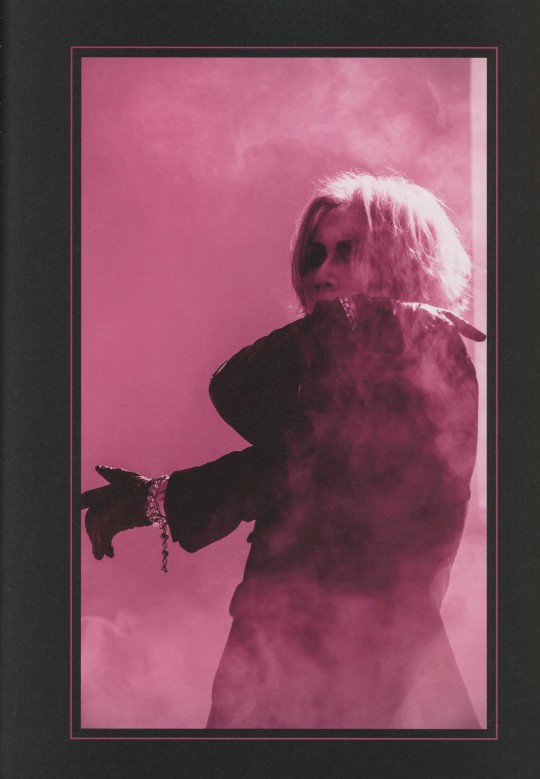
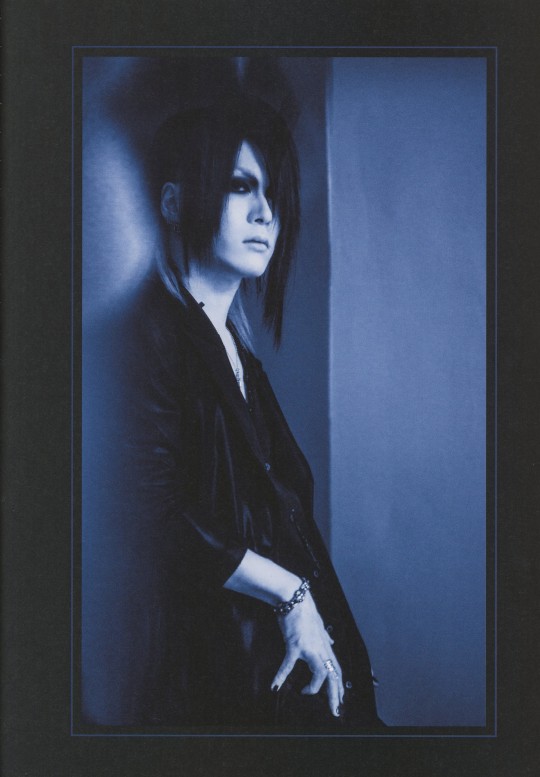
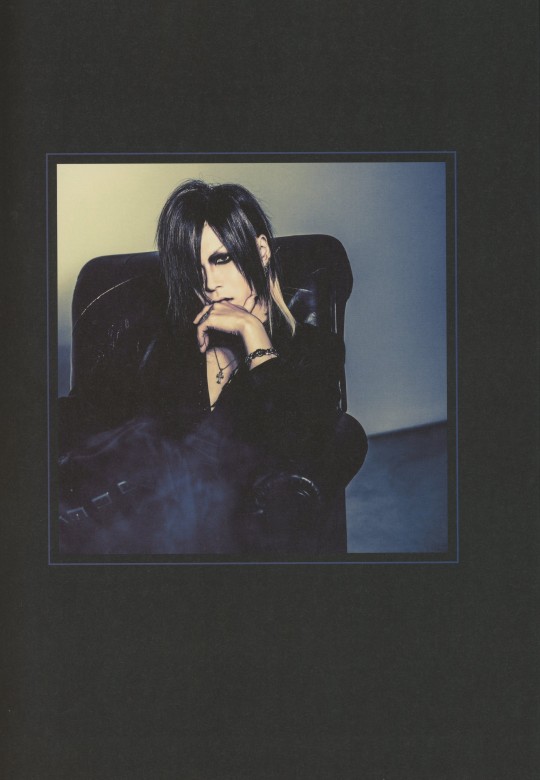
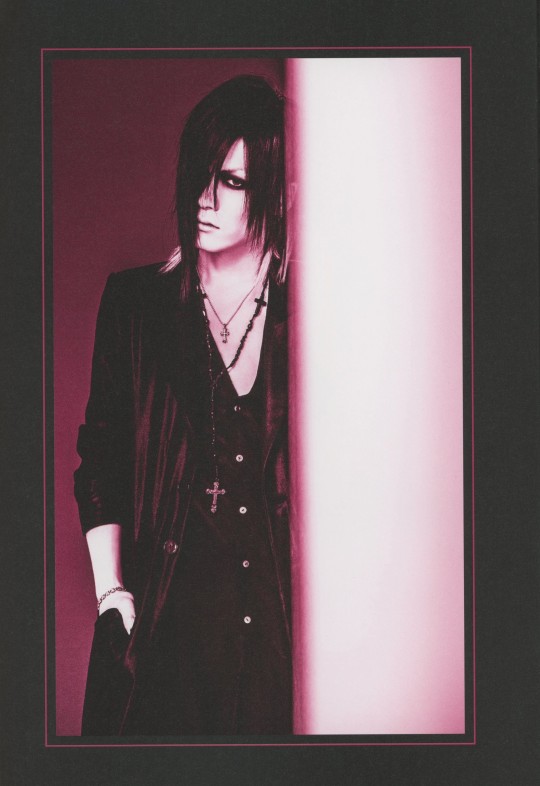
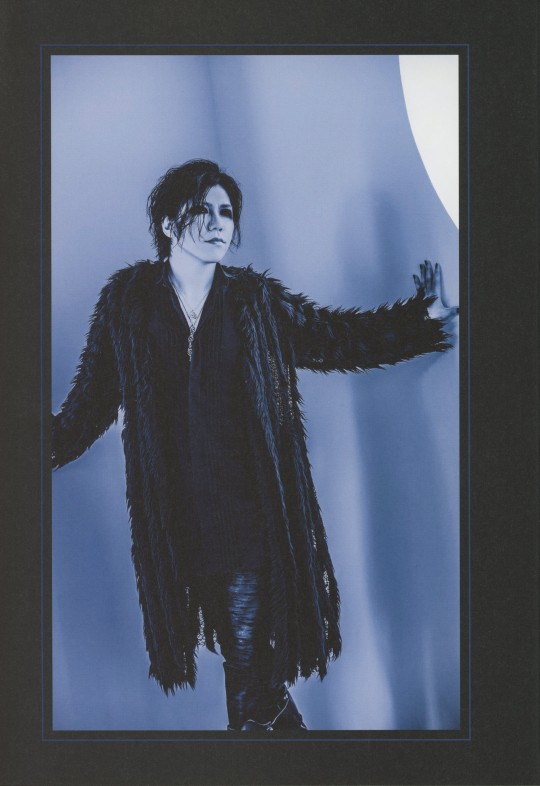

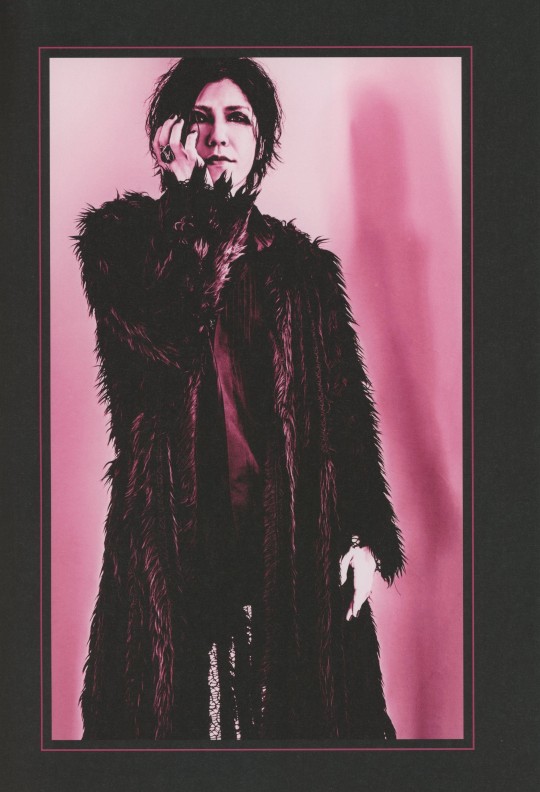
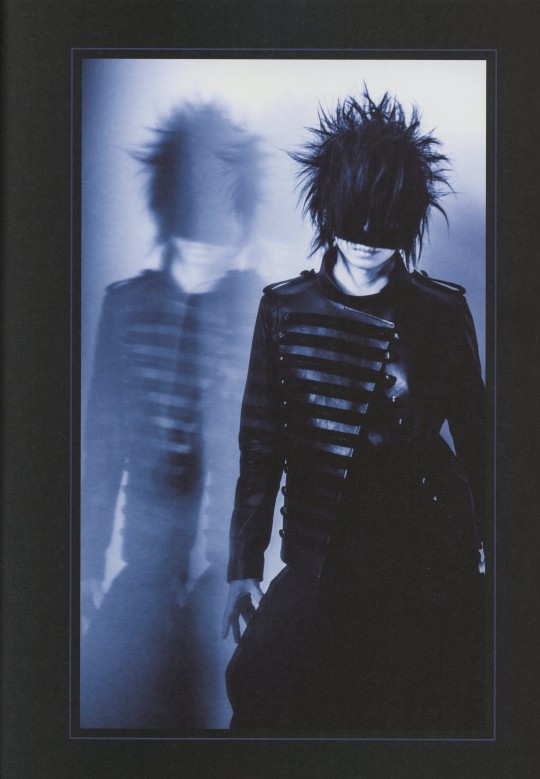
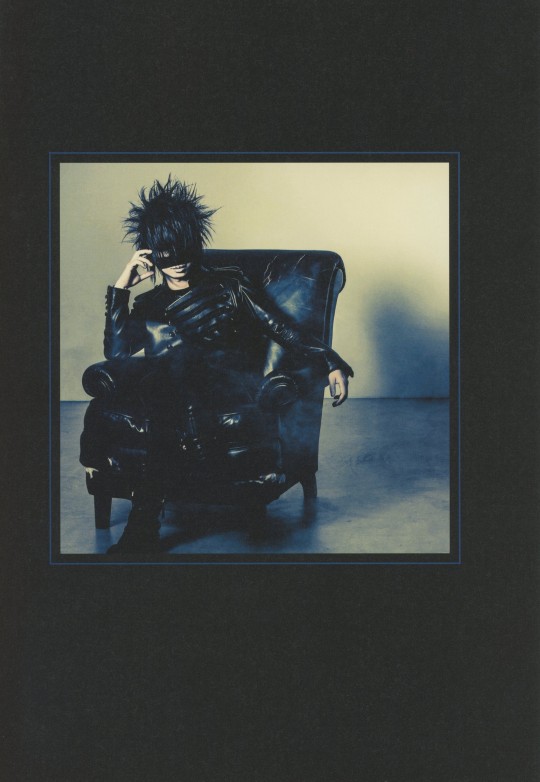
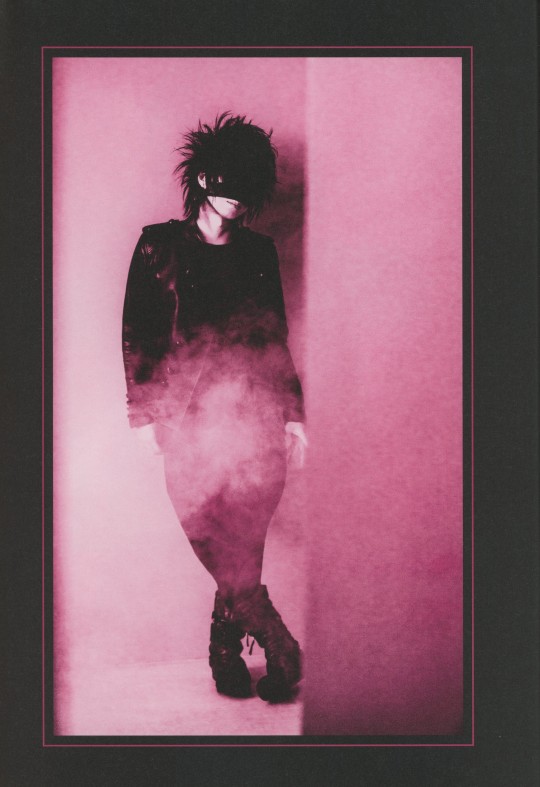
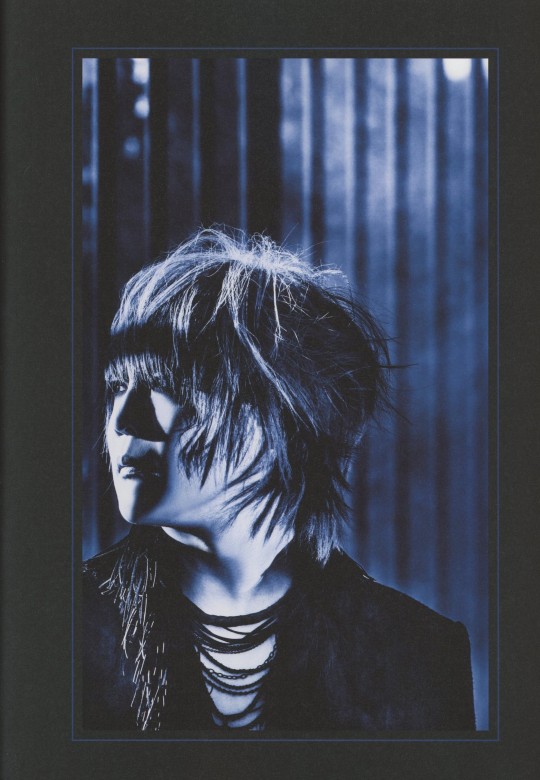
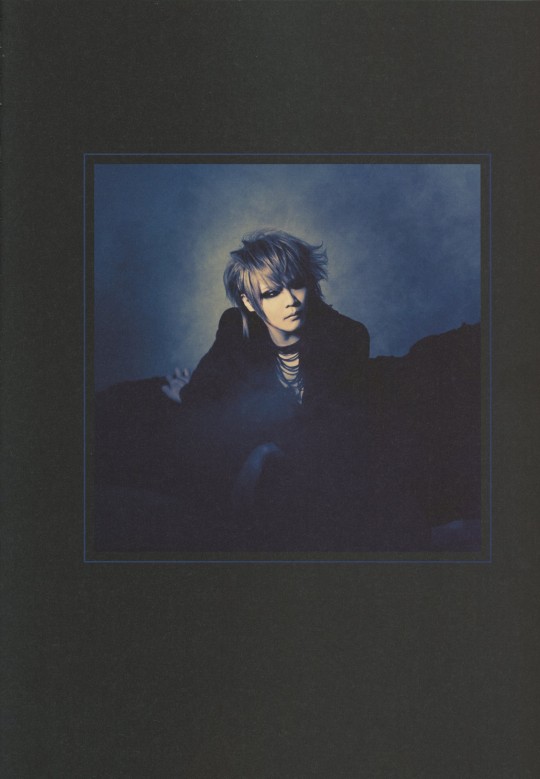
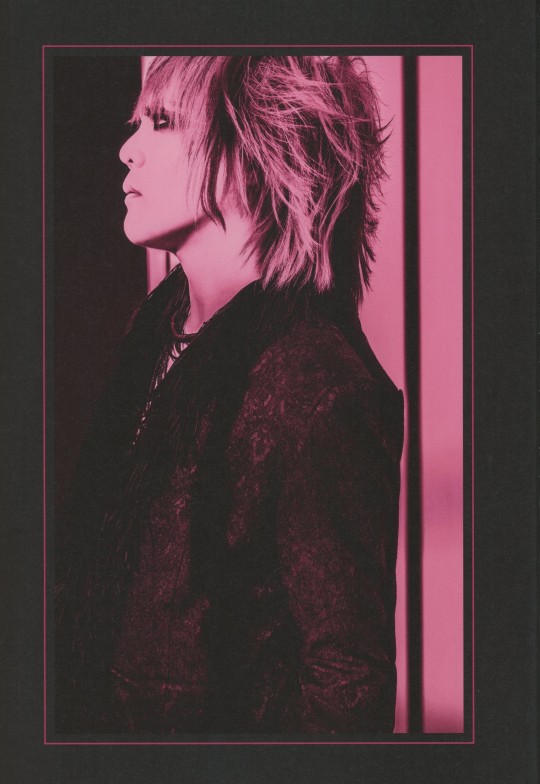
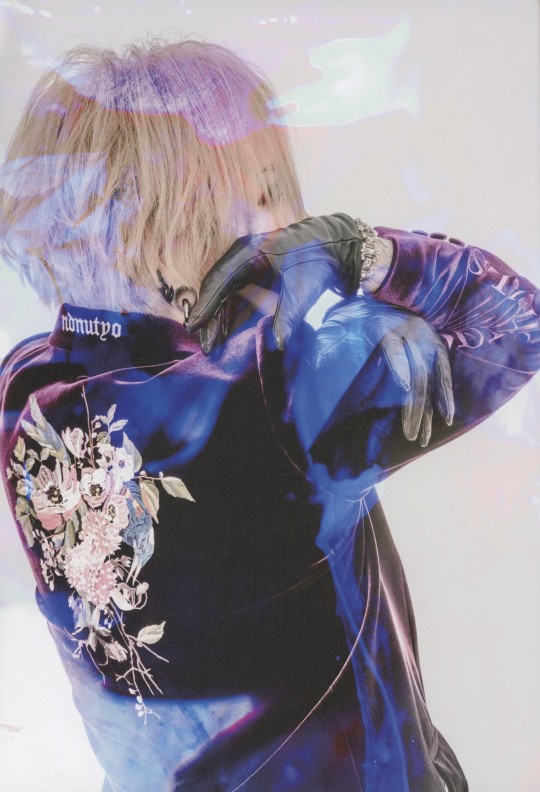
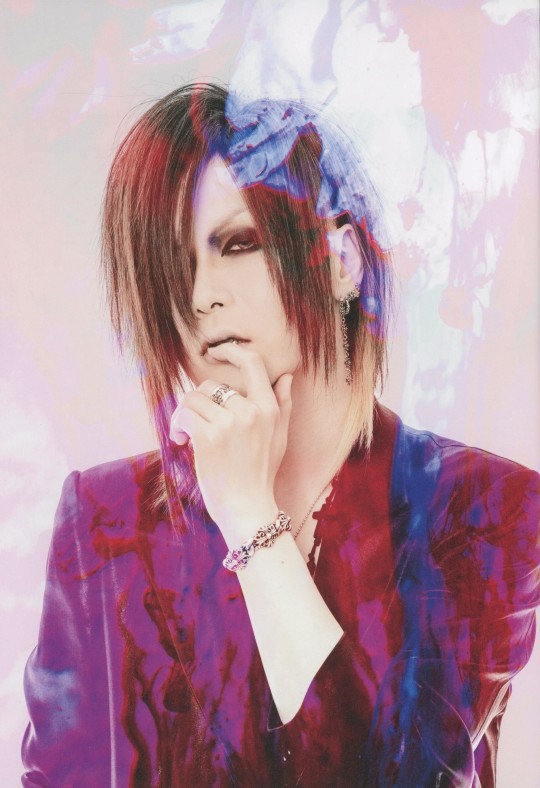
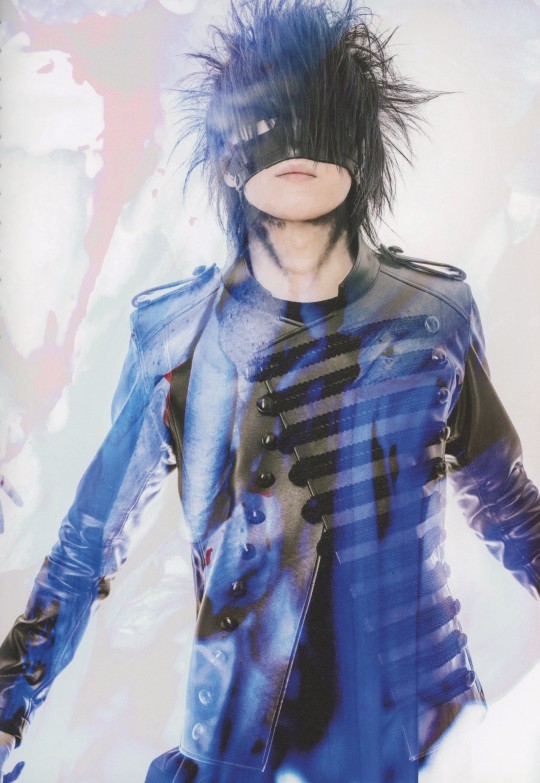
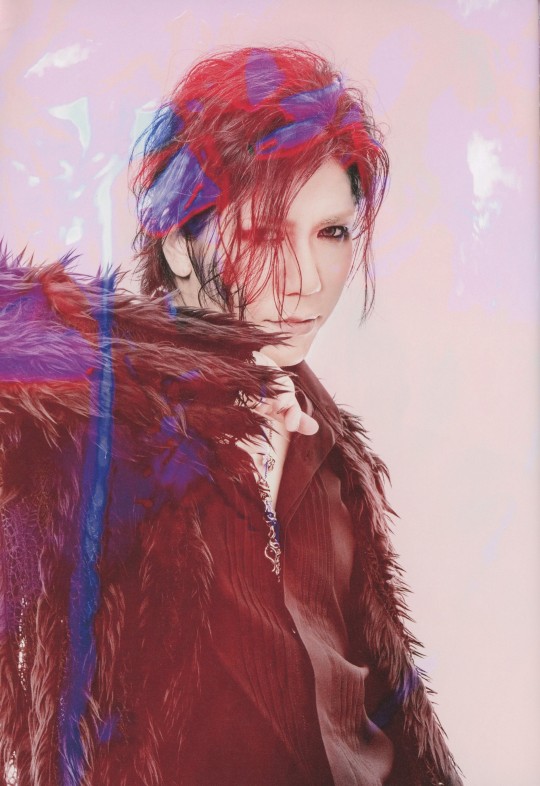
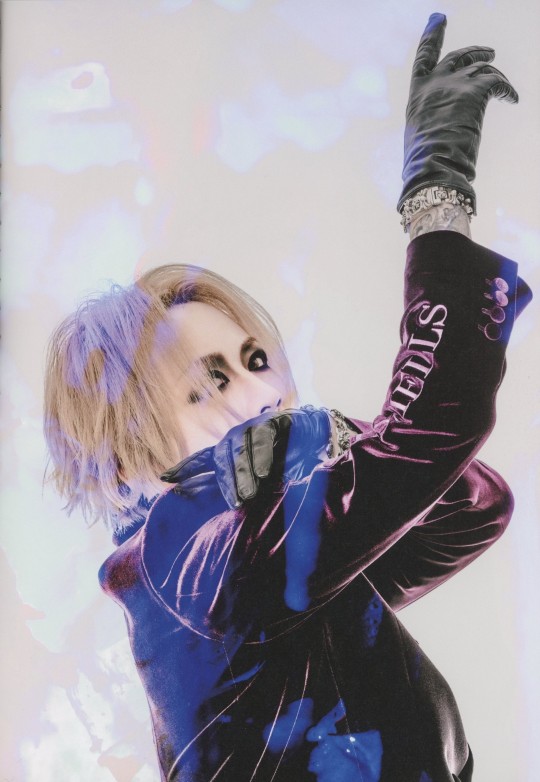
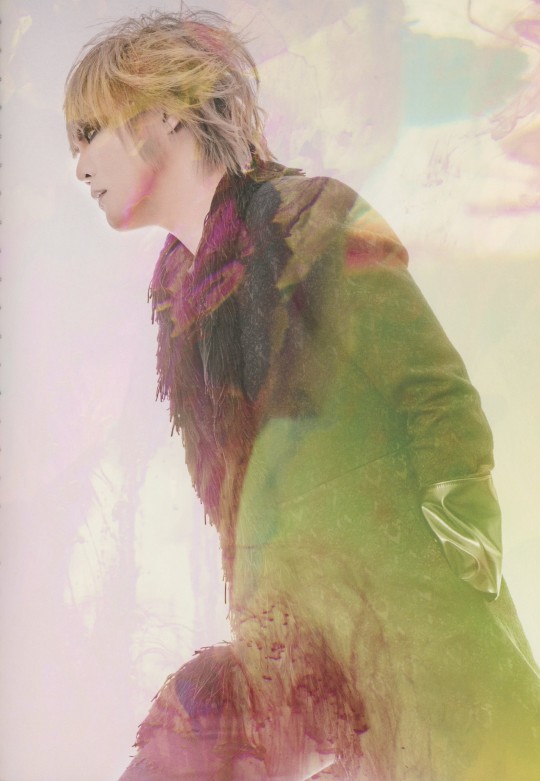
All scans are from The Archive (rad-is-more) Interview translation is ChatGPT.
34 notes
·
View notes
Text
Life is Short

By The_Lady_Siubhan
https://archiveofourown.org/works/52707310
Explicit
Sometimes people thought that meant Jack was insincere. That was something they got backwards, seeing his open invitation and roaming eye as proof that no one really mattered to him. In reality, Jack loved big and he loved fast, he loved constantly. He might only fall in love for a month, a weekend, a night, but every time it was real and complete and with his whole heart.
When Captain Jack Harkness first stepped aboard the TARDIS with her crew of two, he'd already begun to fall for them both. All three, if you counted the TARDIS itself, and really, Jack thought he should.
—
The insatiable sexual energy of Captain Jack Harkness works its magic aboard the TARDIS. Takes place S1 between The Doctor Dances and Bad Wolf.
#doctor who#rose tyler#captain jack harkness#Ninth doctor#Ninth#9th doctor#billie piper#christopher eccleston#john barrowman#fan art#fanart#timepetals#ao3#ao3feed#ao3 fanfic#ao3 writer#ao3 author#fanfic#Fantasy#spicy fic#spicy fanfic#Triad#Polyamory#polyamory fic#non monogamy
12 notes
·
View notes
Text

I did a redraw of the image from Undertale’s ninth anniversary newsletter!! I can’t believe this game is nine years old?? Hello what?? Anyway this was SOOO fun to draw :3
#Undertale#papyrus#sans#ninth#anniversary#I love them dearly#I’m going to shrink them and put them in my pocket#they’re such goobers#drawing#redraw#art
21 notes
·
View notes
Text
TVF bull!


That’s like month old lol, I keep forgetting to post it



Idk where the original is from so unfortunately I can’t give credit to the OP. I think it’s from Facebook tho

#Art#x’s art#TVF#the venetia fair#The circus#a man like me#The ringleader#the ringleader (nonus the hobo)#Schools doodles#Benny santoro#Ninth#tenth#dead
5 notes
·
View notes
Text
my first fanart for any fic, really! Ninth by Kyn.
welcome to my lovely, lovely interpretation of the Amalgamation that was Deadlock/Drift during I believe the first intermission?

don't look at the shitty background I made it in two minutes
original sketch under the cut!

#ninth by kyn#ninth#drift#deadlock#fic fanart#IF YOU HAVEN'T READ THAT FIC DO IT NOW#NEVERMIND IF YOU'RE IN THE TRANSFORMERS FANDOM OR NOT#transformers#maccadams
5 notes
·
View notes
Text


NINTH - The Gazette Redraw
Drawing for a facebook group activity. The activity consists of redrawing a music album with an OC or character of your choice, I chose my OC Zetsubou to redraw NINTH by The GazettE. Hope you like it! ( •̀ ω •́ )✧
6 notes
·
View notes
Text
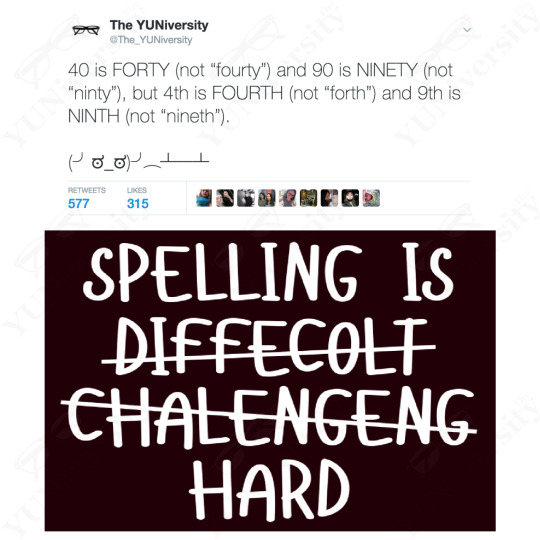

Website | Twitter | Instagram | Medium | Pinterest | Ko-fi | eBook
17 notes
·
View notes
Text
I have recently read Ninth, the amazing transformers fic by equally amazing Kyn

Enjoy this insomnia induced picture of the bitlet, the bebette, the Otto herself!
6 notes
·
View notes
Text
unfortunately due to the nature of fanart and artists having their own styles i have several times seen fanart i thought was gideon and harrow and turned out to be those two married guys from shameless
#which is no shade on the artists because i like simplified comic style fanart a lot#but they are both a tall ginger one and a shorter black haired one that sometimes yell at each other and sometimes kiss#honestly I've actually never seen shameless but it's on my dash enough#but they seem like nice boys and im rooting for them too#the locked tomb#griddlehark#tlt#ninth#paxtxt
20 notes
·
View notes
Text

#gocktor who#doctor who#gock#title#design#logo#funny#ninth#tenth#fourteenth doctor#christopher eccleston#david tennant
18 notes
·
View notes
Text
Black B- PASS- Special Issue - The GazettE - NINTH Reference book - (part 1 - the 5 members solo interviews)
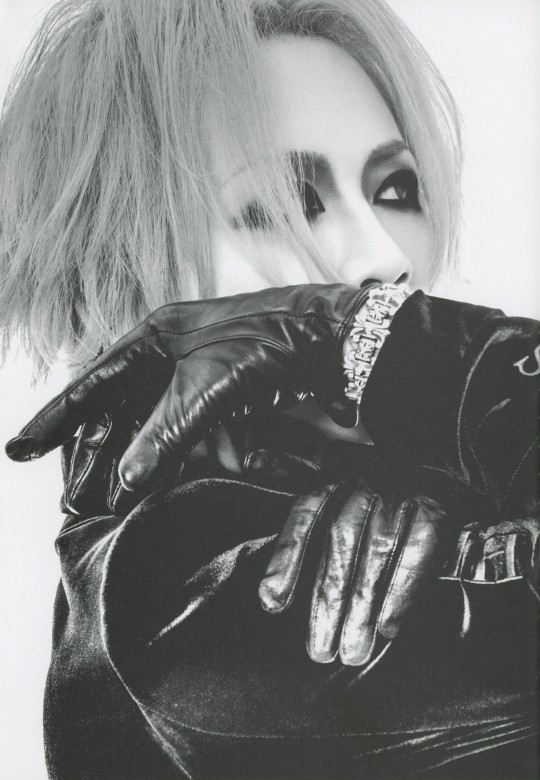
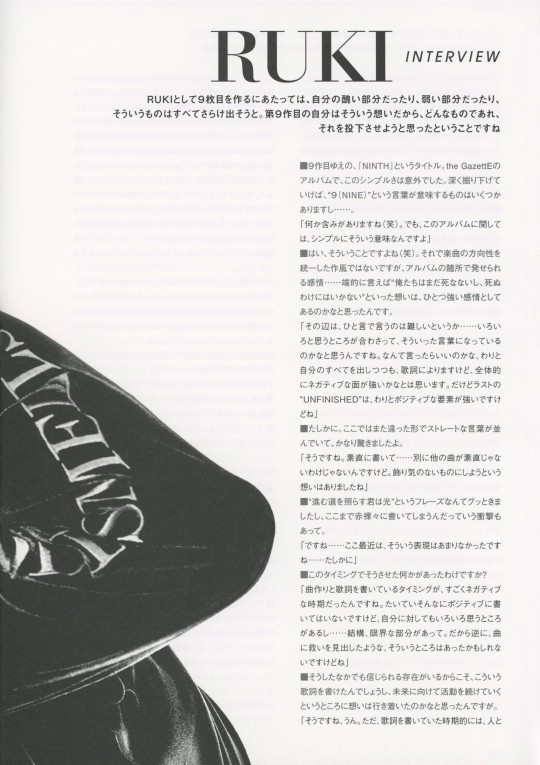
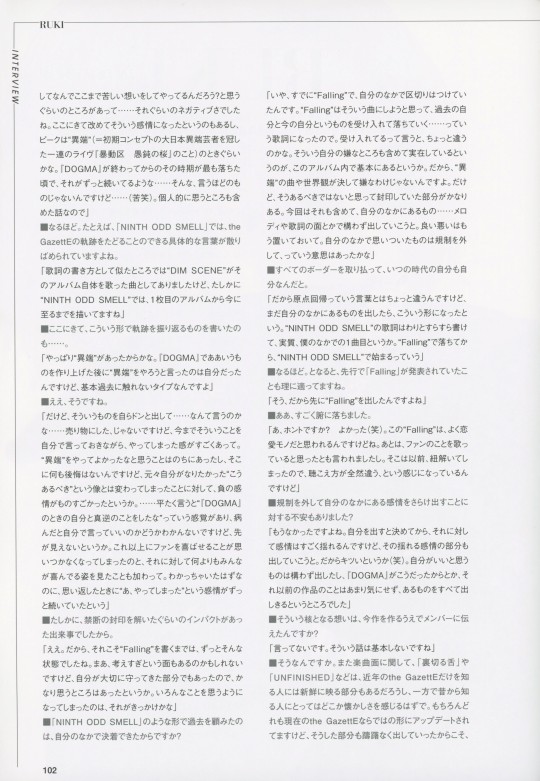
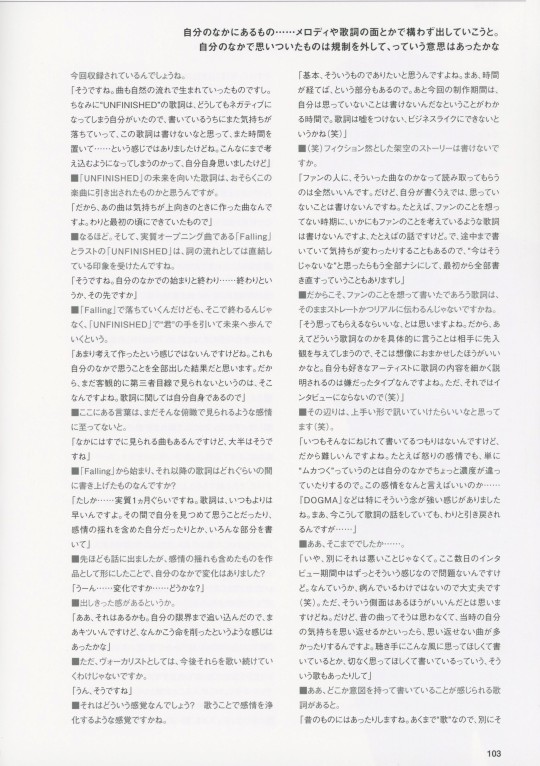
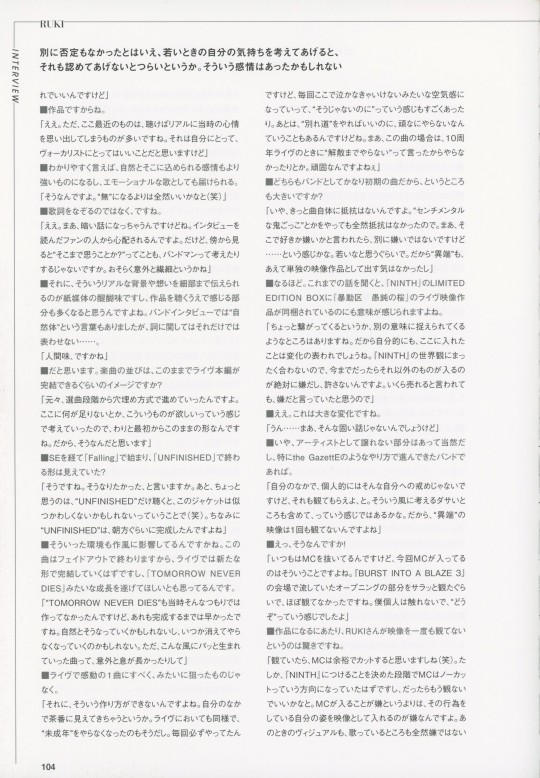
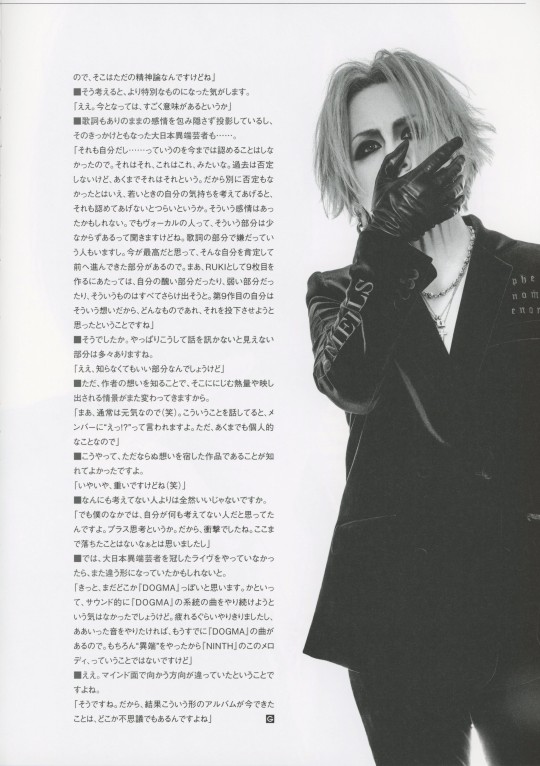
■ Interviewer: The title "NINTH" is quite simple, which is unexpected for a the GazettE album. Delving deeper, there are various meanings that the number "9" can imply...
RUKI: There might be some underlying meanings (laughs). But for this album, it’s simply just that.
■ Interviewer: Right, I see (laughs). The album doesn't have a unified musical direction, but there are strong emotions throughout. To put it simply, it's a strong feeling of 'We are not dead yet, and we can't afford to die.' Do you think that's a strong sentiment in this album?
RUKI: It's hard to explain in one word... I think a lot of different thoughts come together to form that kind of message. How should I put it. While I'm expressing all of myself, the lyrics overall might have a stronger negative aspect. However, the last track, "UNFINISHED," is relatively more positive.
■ Interviewer: Certainly. The straightforward words in that track were quite surprising.
RUKI: Yes, I wrote it honestly... Not that the other songs aren't honest, but I wanted to make it unembellished.
■ Interviewer: The phrase "You are the light that illuminates the path" was very moving and shocking in its naked honesty.
RUKI: Yes... recently, I haven't used such expressions... indeed.
■ Interviewer: Was there something specific that made you write like this at this time?
RUKI: The timing of making the songs and writing the lyrics was during a very negative period. Usually, I don’t write very positively, but I had a lot of thoughts about myself... I was quite at my limit. So maybe, on the contrary, I found salvation in the songs.
■ Interviewer: Despite everything, you could write these lyrics because you had someone to believe in, and your thoughts turned to continuing your activities towards the future, is that right?
RUKI: Yeah, that's right. But at the time I was writing the lyrics, I was wondering why I was putting myself through such pain… It was that kind of negativity. Revisiting those emotions at this point and reflecting on them again… The peak of it was around "itan" (referring to the series of live performances titled "Boudouku Gudon no Sakura" with the initial concept of Dainippon Itan Geisha). The period right after "DOGMA" ended was the lowest, and it feels like that has continued ever since… It's not as serious as it sounds (laughs). This is just my personal perspective.
■ Interviewer: I see. For example, in "NINTH ODD SMELL," there are specific words scattered throughout that trace the history of the GazettE.
RUKI: The way I wrote the lyrics is similar to "DIM SCENE," which was a song that sang about the album itself. But indeed, "NINTH ODD SMELL" depicts everything from our first album to the present.
■ Interviewer: Writing about the band's history in this way, at this time...
RUKI: It was probably because of "itan." After creating something like "DOGMA," I suggested doing "itan," but I'm usually the type not to touch on the past.
■ Interviewer: Yes, that's true.
RUKI: But I deliberately brought it out... How should I put it... I turned it into a product. I always said I wouldn't do that, but I did. In hindsight, I'm glad we did "itan," and I have no regrets about it, but it changed from the ideal I initially had for myself. The negative feelings about that were overwhelming. To put it bluntly, I did something completely opposite to my 'DOGMA' self, I'm not sure if I can say I was in a state of depression, but I felt like I couldn't see the way forward. I couldn't think of anything that would please the fans more than this, and seeing everyone happy about it made it worse. Even though I should have known better, in retrospect, I had this feeling of "Oh, I've done it."
■ Interviewer: It was indeed a significant event, like breaking a forbidden seal.
RUKI: Yes. That's why I remained in that state until I wrote "Falling." Maybe I overthought it, but it was something I had carefully protected, so I had a lot of thoughts about it. That was the trigger that made me start thinking about various things.
■ Interviewer: Did looking back on the past in "NINTH ODD SMELL" mean you had come to terms with it?
RUKI: No, I had already found closure with "Falling." I intended for "Falling" to be a song where I accept both my past and present self and fall... The lyrics reflect that. Saying I accepted it might not be quite right. The idea that even the parts of myself I dislike exist is a fundamental concept in this album. So, it's not that I dislike the songs or the world of "itan." But there were many parts that I thought shouldn't be, which I had sealed away. This time, I included everything in me… melodies, lyrics, without caring about good or bad. I had the intention to unleash what came to my mind without any restrictions."
■ Interviewer: You removed all boundaries and embraced yourself from any era.
RUKI: So, it's a bit different from the term "returning to the roots," but when I released what was still within me, it took this shape. The lyrics for "NINTH ODD SMELL" flowed quite smoothly, and in a sense, it was the first song for me. After falling with "Falling," "NINTH ODD SMELL" begins.
■ Interviewer: I see. That makes sense why "Falling" was released first.
RUKI: Yes, that's why "Falling" was released first.
■ Interviewer: Ah, that makes perfect sense.
RUKI: Oh, really? I'm glad (laughs). "Falling" is often thought of as a love song. I've also been told it sounds like it's about the fans. But I've already unraveled that before, so the way it sounds is different now.
■ Interviewer: Did you have any anxiety about exposing the emotions inside you without restrictions?
RUKI: Not anymore. Once I decided to reveal myself, my emotions swayed a lot, but I decided to express those swaying emotions as well. So, it was tough (laughs). I expressed what I felt was good, without worrying too much about "DOGMA" or previous works. I just wanted to release everything I had.
■ Interviewer: Did you share those core feelings with the members while making this album?
RUKI: No, I didn't. We generally don't have those kinds of discussions.
■ Interviewer: I see. Regarding the musical aspects, songs like "Uragiru Bero" and "UNFINISHED" might feel fresh to those who have only known the recent the GazettE, while they might evoke nostalgia for those who have followed you from the beginning. Of course, all of them are updated to the current the GazettE's style.
RUKI: Yes. The songs came about naturally. By the way, with "UNFINISHED," I found myself becoming negative while writing it. My mood would drop, and I'd feel like I couldn't finish the lyrics, so I'd take a break and come back to it. I realized how deeply I could get lost in thought.
■ Interviewer: The future-oriented lyrics of "UNFINISHED" seem to have been drawn out by the song itself.
RUKI: That's why that song was created when my mood was more positive. It was one of the earlier songs we made.
■ Interviewer: I see. And the opening track "Falling" and the final track "UNFINISHED" seem to have a direct connection in terms of the lyrical flow.
RUKI: Yes. For me, it's the beginning and the end... or rather, what comes after the end.
■ Interviewer: You fall in "Falling," but it's not the end. In "UNFINISHED," you take someone's hand and walk toward the future.
RUKI: It wasn't made with that much thought. It's just the result of expressing everything I felt. That's why I still can't view it objectively, from a third-party perspective. The lyrics are part of me.
■ Interviewer: So the words here aren't emotions you can yet see from a distance.
RUKI: There are some songs I can see that way, but most of them, no.
■ Interviewer: How long did it take to write the lyrics after "Falling"?
RUKI: About a month, I think. It was faster than usual. During that time, I wrote about what I felt while reflecting on myself, including my emotional fluctuations.
■ Interviewer: As we discussed earlier, by shaping your fluctuating emotions into a piece of work, did you experience any changes within yourself?
RUKI: Hmm... changes... I'm not sure.
■ Interviewer: Did you feel a sense of completion?
RUKI: Yes, perhaps. I pushed myself to my limits, so it was tough, but I felt like I had given everything, almost like I had poured my life into it.
■ Interviewer: But as a vocalist, you'll continue singing these songs moving forward, right?
RUKI: Yes, that's right.
■ Interviewer: How does that feel? Is it like purifying your emotions through singing?
RUKI: Ideally, that's what I'd like it to be. Time plays a part in it too. During this production period, I realized that I can't write about things I don't genuinely feel. I can't lie in my lyrics; they can't be business-like (laughs).
■ Interviewer: (Laughs) You can't write fictional, imaginary stories.
RUKI: It's fine if fans interpret it that way. But when I'm writing, I can't write about things I don't feel. For example, if I'm not thinking about the fans at a particular time, I can't write lyrics that seem like I am, hypothetically speaking. If my feelings change halfway through writing, I scrap it and start over.
■ Interviewer: That's why lyrics that you wrote with the fans in mind probably come across as straightforward and real.
RUKI: I'd like to think so. That's why I avoid giving specific explanations about the lyrics to prevent giving preconceived notions. I didn't like it when artists I liked explained their lyrics in detail. But then, it wouldn't be an interview (laughs).
■ Interviewer: I hope to ask in a way that works well (laughs).
RUKI: I don't intend to write in a twisted way, but it's challenging. For example, even with anger, the intensity of the emotion might differ from just being "annoyed." Especially with "DOGMA," the emotions were intense. Even now, talking about lyrics tends to pull me back into those feelings.
■ Interviewer: I see... it was that deep.
RUKI: It's not a bad thing. During this interview period, I've been feeling that way constantly, but it's not like I'm unwell (laughs). It's probably good to have that side. But with older songs, I can't always recall my feelings from that time. There are songs where I wanted listeners to feel a certain way, such as wistful or sorrowful.
■ Interviewer: So there are lyrics that were written with a specific intention.
RUKI: Some older songs have that. But they are just songs. It's not that I deny them, but when I think about my feelings when I was younger, I feel that I need to acknowledge them, or it becomes painful. There might have been such emotions.
■ Interviewer: Because it's a piece of work.
RUKI: Yes. However, with recent works, listening to them brings back my real feelings from that time vividly. I think that's a good thing for me as a vocalist.
■ Interviewer: To put it simply, the emotions embedded naturally become stronger, making it an even more emotional song.
RUKI: Exactly. I think it's much better than becoming numb (laughs).
■ Interviewer: Rather than just tracing the lyrics.
RUKI: Yes. Although, this can make it a bit dark. Fans who read the interviews get worried. But from an outsider's perspective, band members might think, "Do you really feel that deeply?" I suppose we're more delicate than expected.
■ Interviewer: Also, the charm of print media is that it can convey those real backgrounds and feelings in detail, enhancing what you feel when listening to the work. In the band interviews, the word "natural" was mentioned, but for lyrics, it's not just about that...
RUKI: It's about human touch, I guess.
■ Interviewer: I think so too. The arrangement of the songs gives the impression that the live performance could be completed as it is.
RUKI: From the selection stage, we progressed by filling gaps. We considered what was missing or what we wanted, so it has been in this form from the beginning. So, I think that's why.
■ Interviewer: Did you foresee starting with "Falling" after the SE and ending with "UNFINISHED"?
RUKI: Yes, that's what we aimed for. Also, I think that just listening to "UNFINISHED," the cover art might not quite match (laughs). By the way, "UNFINISHED" was completed around dawn.
■ Interviewer: The environment might also influence the style of the song. Since this song ends with a fade-out, it should conclude in a new form during live performances. I hope it will grow like "TOMORROW NEVER DIES."
RUKI: We didn't intend for "TOMORROW NEVER DIES" to be like that at the time, but it was completed quickly. It might naturally evolve or eventually fade away and stop being performed. However, songs that are born so quickly often have long lifespans.
■ Interviewer: It's not about creating a song to be a touching piece for live performances.
RUKI: Also, I can't create songs with that intention. It would feel like a farce to me. The same goes for live performances. For example, we stopped playing "Miseinen" because it felt like I had to cry every time, even if that wasn't the case. Similarly, we don't play "Wakaremichi" even though we could. For instance, during our 10th-anniversary live, we didn't play it because we said we wouldn't until we disbanded. We're stubborn that way.
■ Interviewer: Is it largely because these are some of the band's earliest songs?
RUKI: No, I don't have any resistance to the songs themselves. I had no issue performing "Sentimental na onigokko." It's not that I dislike them. I just feel they’re a bit youthful. So, I didn't intend to release "Itan" as a standalone video work.
■ Interviewer: I see. Listening to what you've said, it feels meaningful that the live footage of "Boudouku Gudon no Sakura" is included in the "NINTH" LIMITED EDITION BOX.
RUKI: It connects in a way and can be seen in a different light. Including it shows a change in me. It doesn’t fit the world of "NINTH" at all, and I used to be adamant about not including unrelated content, no matter how well it might sell.
■ Interviewer: This is a big change.
RUKI: Yeah... it's not that serious of a topic, though.
■ Interviewer: No, it's natural to have non-negotiable aspects as an artist, especially in a band like the GazettE that has moved forward in its own way.
RUKI: For me, it's not about scolding myself but allowing myself to be seen that way. It's about accepting even the uncool parts of myself. That's why I haven't watched the "Itan" footage even once.
■ Interviewer: Really, you haven't?
RUKI: Usually, the MC parts are edited out, but this time they're included. I barely watched the opening part shown at the "BURST INTO A BLAZE 3" event. I left it untouched, letting it be.
■ Interviewer: It's surprising that you didn't watch the footage even once before it became a product.
RUKI: If I had watched it, I would have easily cut the MC parts (laughs). When we decided to include it in "NINTH," we were already planning to leave the MC uncut, so I thought it was better not to watch. It's not that I hate including the MC parts; I just dislike the act of watching myself in that footage. The visuals and singing are fine, so it's just a matter of mindset.
■ Interviewer: Thinking about it that way, it feels like it has become something even more special.
RUKI: Yes. Now, it has a lot of meaning.
■ Interviewer: The lyrics also reflect your genuine emotions without any disguise, and your time with "Dainippon Itan Geisha" played a part in that...
RUKI: That's also part of me. In the past, I didn't acknowledge that. I used to separate it, like, "That was then, and this is now." I didn't deny my past, but I considered it a separate entity. However, when I reflect on my feelings from when I was younger, I realize it would be painful not to acknowledge them. So, I may have had such emotions. But I hear that vocalists often have such feelings to some extent. Some people are even uncomfortable with their own lyrics. Believing that the present is the best and affirming myself, I've moved forward. While creating the ninth album as RUKI, I decided to expose all my ugly and weak parts. For this ninth work, I wanted to express whatever feelings I had, no matter what they were.
■ Interviewer: I see. There are many aspects that become clear only through such discussions.
RUKI: Yes, although there are parts that you probably don’t need to know.
■ Interviewer: However, knowing the author's thoughts can change the perceived intensity and the depicted scenery.
RUKI: Well, I’m usually in good spirits (laughs). When I talk about these things, the members often say, "What!?" But it's a personal thing.
■ Interviewer: I'm glad to know that this work carries such profound feelings.
RUKI: It’s heavy though (laughs).
■ Interviewer: But it's much better than someone who doesn’t think about anything at all.
RUKI: I used to think I was a person who didn’t think about anything. I was more of a positive thinker. So, it was shocking. I had never fallen this deep before.
■ Interviewer: If you hadn’t done a live under the name "Dainippon Itan Geisha," things might have turned out differently.
RUKI: Most likely, it would still be somewhat "DOGMA"-like. Not that I would have wanted to continue with the sound of "DOGMA" indefinitely. We did it so thoroughly that I was exhausted. If I wanted to make music like that, we already have the "DOGMA" songs. Of course, doing "Itan" didn’t directly lead to the melodies in "NINTH."
■ Interviewer: Right. The direction of your mindset would have been different.
RUKI: Exactly. So, it's somewhat mysterious that we ended up with this kind of album now.
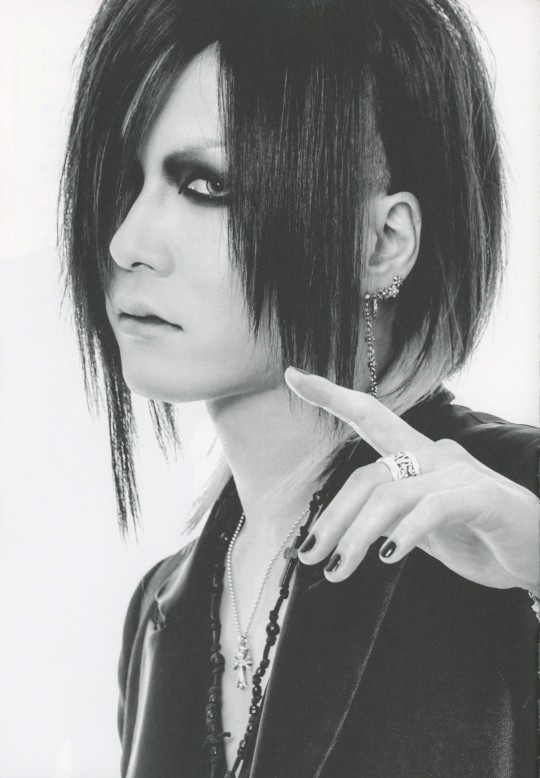

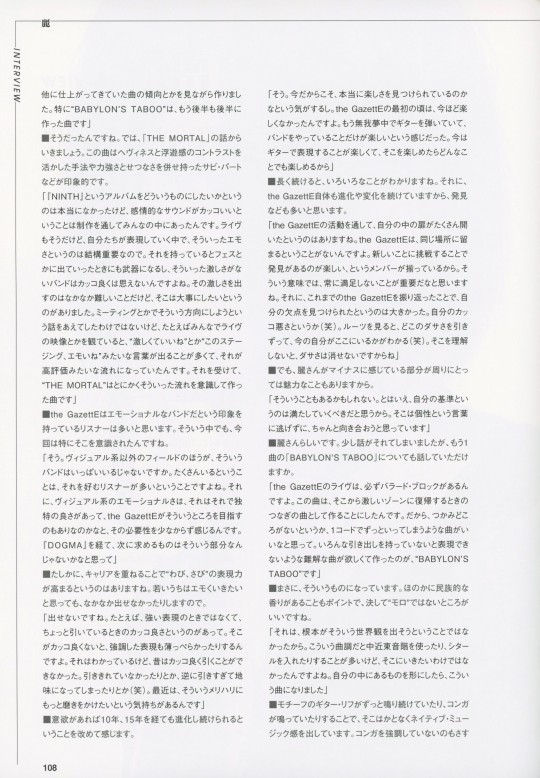
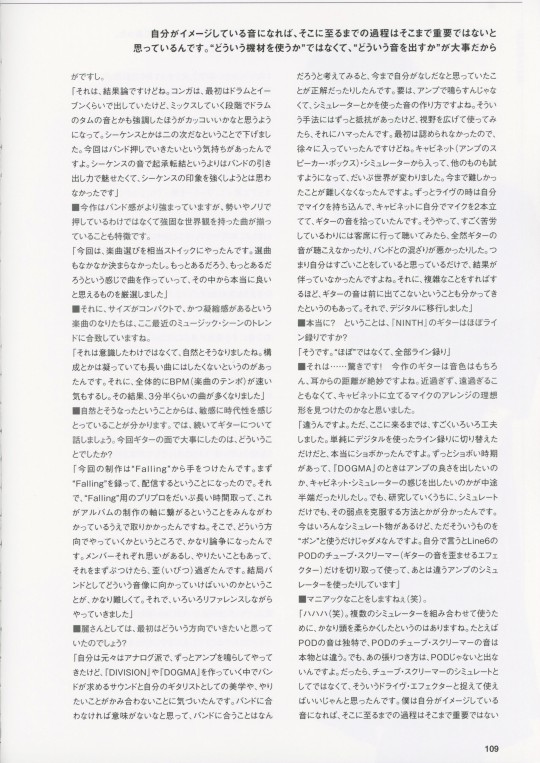
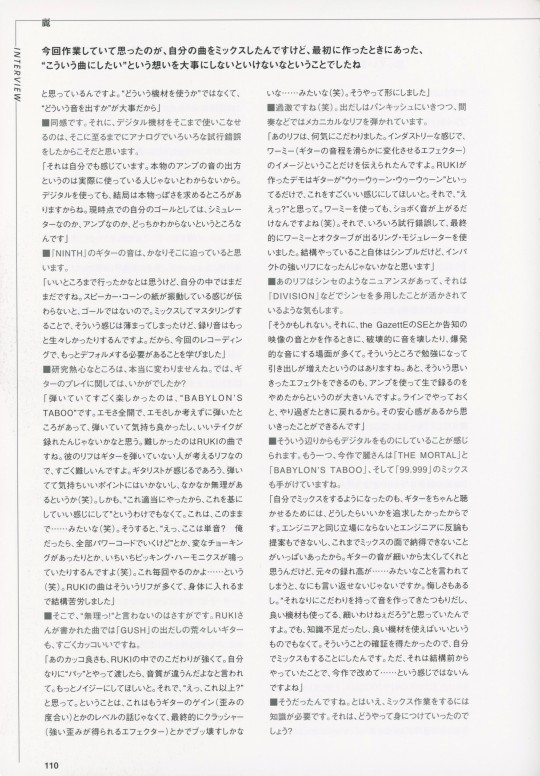
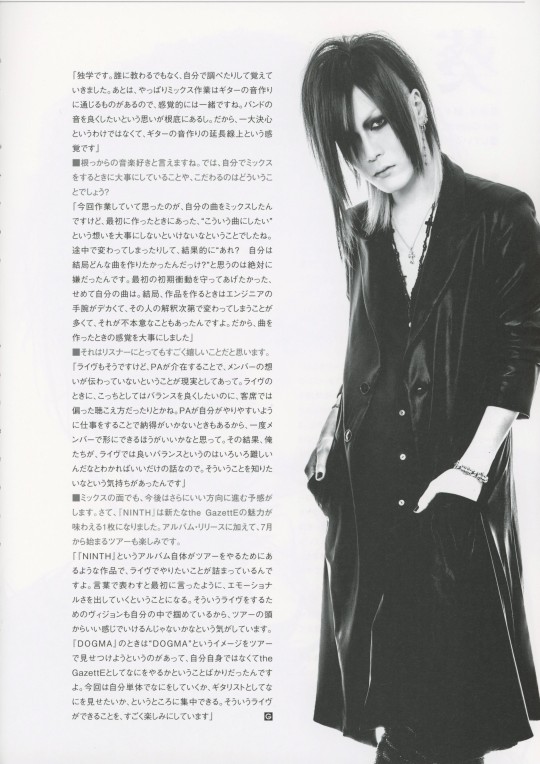
■ Interviewer: Around the time of the release of your previous work "DOGMA," the GazettE had many opportunities to look back on the journey you've taken, such as the "Redefinition Tour," the 13th Anniversary live, and the 15th Anniversary live. What was your mindset before starting the album's production?
Uruha: Really, in these past few years, we've had many projects that involved looking back. Besides what you just mentioned, we also made a ballad best-of album ("TRACES VOL.2," released on March 8, 2017). Reflecting on so much made me realize that I've always been immature as a musician and that I'm still incomplete. Especially when I think about my mindset as a guitarist in the early days, it's at a level where I don't even want to remember it (laughs). The past few years of reflecting have been a period for me to realize that I need to improve more."
■ Interviewer: Your dedication remains unchanged. Amidst such thoughts, you began creating "NINTH," right?
Uruha: Yes. But at that time, we didn't have a clear theme or concept for the album. It was the same with "DOGMA" – RUKI just presented the visual image. This time, it was a picture of a soldier’s face melting, but I couldn't visualize how that would connect musically. In other words, there was no theme or direction when we started making the songs. Having just come out of a period of intense reflection on the past, I personally approached the songwriting process with the question, "Who am I?" in mind. When you keep pushing forward without looking back, sometimes you end up with something that doesn't feel like yourself. I thought that wasn’t good, and if I got too immersed in my current mode, I might overlook my own immaturity. So this time, I wanted to create songs that reflected my core. In that sense, the period of looking back was beneficial.
■ Interviewer: You took a good look at yourself. Listening to the songs you wrote this time, "THE MORTAL" and "BABYLON'S TABOO," it's clear that you like powerful and emotional music.
Uruha: That's definitely true. However, I brought those two songs in fairly late in the production process. So, they weren't born out of the initial inspiration but were created while looking at the trends of the other songs that were already finished. Especially "BABYLON'S TABOO," which was made towards the very end."
■ Interviewer: I see. Let’s start with talking about "THE MORTAL." This song is impressive for its method of utilizing the contrast between heaviness and a sense of floating, as well as its chorus that combines strength and sadness.
Uruha: "While we didn’t have a clear vision of what we wanted the album "NINTH" to be, we all agreed through the production process that an emotional sound is cool. This is important not only in live performances but also in our overall expression. Having that kind of emotional intensity can be a weapon when performing at festivals and such. Bands that lack this intensity don't seem cool to me. It's quite challenging to bring out this intensity, but we wanted to cherish that aspect. We didn’t explicitly decide to go in that direction during meetings, but when we watched live footage together, comments like 'This staging is intense and great' or 'It's emotional' came up often, and that became a sort of positive feedback loop. With that in mind, I created "THE MORTAL" very consciously following that trend."
■ Interviewer: I think many listeners perceive the GazettE as an emotional band. This time, you were especially conscious of that, right?
Uruha: "Yes. There are many bands outside of the visual kei field that have this emotional aspect. Since there are so many, it means there are many listeners who appreciate that style. Also, the emotional quality of visual kei has its own unique appeal, and I feel it's necessary for the GazettE to aim for that. After "DOGMA," I thought that the next thing we should seek is that kind of emotional quality."
■ Interviewer: Indeed, as you gain more experience, your ability to express "wabi-sabi" (aesthetic of beauty in imperfection) increases. When you are young, even if you want to be emotional, it's hard to express it well.
Uruha: "It’s hard to express. For example, there's a certain coolness in being subtle rather than expressing something strongly. If that's not cool, even emphasized expressions become superficial. Although I understood this, I couldn't achieve it well in the past. Either I couldn't be subtle enough, or I became too subdued and boring (laughs). Recently, I feel the urge to refine that contrast even more."
■ Interviewer: It's inspiring to see that with ambition, one can continue to evolve even after 10 or 15 years.
Uruha: "Yes. Now, more than ever, I feel like I've truly found joy. In the early days of the GazettE, it wasn’t as fun as it is now. Back then, I was just playing guitar with all my might, and the only fun part was being in a band. Now, expressing myself through the guitar is enjoyable, and when I can enjoy that, I can enjoy anything."
■ Interviewer: Over a long period, you understand many things. Additionally, the GazettE itself continues to evolve and change, leading to many discoveries.
Uruha: "Through the activities of the GazettE, many doors within myself have opened. The GazettE never stays in one place. The members enjoy discovering new things by challenging themselves, which is why not being satisfied is important. Also, looking back at the GazettE’s history helped me identify my flaws. My uncool aspects (laughs). By examining my roots, I see where I’ve carried that tackiness to my current self (laughs). If I don’t understand that, I can’t get rid of it."
■ Interviewer: But, the parts you feel are negative might be attractive to others.
Uruha: "That could be true. However, I think I should meet my own standards. Instead of using the word 'personality' as an excuse, I want to confront it properly."
■ Interviewer: That sounds like you. We got a bit sidetracked, but could you talk about the other song, "BABYLON'S TABOO"?
Uruha: "In GazettE's live shows, there's always a ballad block. This song was made as a transition piece to return to the intense zone from that ballad block. So, I thought it would be good to have a song that is continuous and elusive, like a one-chord song. "BABYLON'S TABOO" was created because I wanted a complex song that requires various skills to express."
■ Interviewer: Indeed, it turned out to be just that. It also has a subtle ethnic flavor, and it's nice that it's not too obvious.
Uruha: "That’s because the underlying concept wasn’t to bring out that world view. With this kind of musical style, it’s common to use Middle Eastern scales or incorporate sitars, but that’s not where I wanted to go. When I shaped what was inside me, it turned into this kind of song."
■ Interviewer: The continuous guitar riff and congas create a subtle native music feel. The fact that the congas aren’t overly emphasized is also great.
Uruha: "That's hindsight though. Initially, the conga was produced at the same level as the drums, but during the mixing stage, I thought it would be cooler to emphasize the sound of the drum toms. I decided to prioritize downgrading the sequences, thinking they were secondary. This time, I wanted to focus more on the band. Instead of emphasizing the sequence's impression in terms of development, I wanted to showcase the band's pulling power and didn't aim to strengthen the sequence's impact."
■ Interviewer: This work has a stronger band feel, but it’s characterized by songs with a solid worldview, not just driven by momentum or groove.
Uruha: "This time, we were extremely strict in our song selection. It took a while to finalize the selection. We kept creating songs, thinking there must be more, and we meticulously selected the ones we truly believed were the best."
■ Interviewer: The songs are compact and dense, matching the recent trends in the music scene.
Uruha: "It wasn’t intentional; it just happened naturally. Even if the structure is elaborate, we didn’t want long songs. Also, the overall BPM (tempo) feels fast, resulting in many songs around three and a half minutes long."
■ Interviewer: The fact that it happened naturally indicates a sensitivity to the times. Let's talk about the guitar next. What was important for you in terms of the guitar in this production?
Uruha: "We started the production with "Falling." First, we recorded "Falling" and decided to release it digitally. We spent a long time on the pre-production for "Falling," knowing it would set the tone for the album. There was significant debate about the direction we should take. Each member had their own ideas and desires, and when we combined them, it turned out to be too distorted. It was quite challenging to figure out the band’s sound. We used various references to guide us."
■ Interviewer: What direction did you initially want to take?
Uruha: "I originally preferred analog and had always used amps. However, while making "DIVISION" and "DOGMA," I realized that my personal aesthetics and desires as a guitarist didn’t always align with the band's sound. If it didn’t fit the band, it was meaningless. So, I considered what would suit the band and found that the things I had dismissed were actually the right answer. Basically, instead of using amps, I started using simulators to create the sound. Although I had resisted this method, when I tried it with an open mind, it fit well. Initially, I couldn't accept it, so I gradually adopted it. I started with cabinet (amp speaker box) simulators, then tried other things, and my world changed significantly. Things that were difficult before became easier. During live shows, I used to bring my own mics, set up two mics on the cabinet to capture the guitar sound. Despite my efforts, the guitar sound wasn’t heard well from the audience, and it didn’t blend well with the band. I realized I was only thinking I was doing something great without achieving the desired result. The more complex the setup, the less the guitar sound stood out. That led me to go digital."
■ Interviewer: Really? Does that mean the guitar on "NINTH" is mostly line recording?
Uruha: "Yes, not 'mostly,' but entirely line recording."
■ Interviewer: That's... surprising! The guitar on this work has a perfect distance from the ear, not too close nor too far. I thought you had found the ideal microphone arrangement for the cabinet.
Uruha: "That’s not the case. I experimented a lot to get here. Simply switching to digital line recording was really lackluster at first. It was lackluster for a long time. During "DOGMA," I couldn’t decide whether to bring out the amp's qualities or the cabinet simulator feel. But through research, I learned how to overcome the weaknesses of simulation. Now there are various simulators, but you can’t just use them as they are. For instance, I use only the Tube Screamer effect from Line6’s POD, and pair it with a different amp simulator."
■ Interviewer: That’s quite technical (laughs).
Uruha: "Hahaha (laughs). Using multiple simulators required a flexible mindset. For example, the POD has a unique sound; the Tube Screamer effect from POD is different from the real thing. However, that distinctive clinginess is only possible with POD. So, instead of seeing it as a Tube Screamer simulation, I started using it as a drive effect. I believe that if the sound matches my vision, the process doesn’t matter much. During this work, I realized that it's essential to cherish the initial vision for a song. It’s not about what equipment you use but the sound you create."
■ Interviewer: I agree. I think being able to use digital equipment so proficiently comes from all the analog trial and error you went through to get here.
Uruha: "I feel that too. You can’t understand the sound of a real amp unless you’ve actually used one. Even when using digital equipment, in the end, we still seek a sense of authenticity. My current goal is to reach a point where you can’t tell if it’s a simulator or a real amp."
■ Interviewer: The guitar sound on "NINTH" gets very close to that.
Uruha: "I think we got pretty close, but I still feel there's a long way to go. If you don’t feel the paper cone of the speaker vibrating, then it’s not the goal. Mixing and mastering diluted that raw feeling, but the recorded sound was more vivid. So, through this recording process, I learned that it’s necessary to exaggerate certain aspects more."
■ Interviewer: Your dedication to research hasn't changed at all. How about your guitar playing?
Uruha: "The song that was really fun to play was 'BABYLON'S TABOO.' It was full of emotion, and there were times when I played without thinking about anything other than emotion, and I think we recorded a good take. The difficult ones were RUKI’s songs. His riffs are designed by someone who doesn’t play guitar, making them very challenging. They don’t hit the sweet spots that guitarists usually enjoy; they’re quite demanding (laughs). Also, it’s not like he says, ‘I did this casually, make it sound good based on that.’ He wants it just as it is (laughs). So I’d be like, ‘Wait, this part is single notes? I’d use power chords for all of it.’ There’d be weird bends or sudden picking harmonics (laughs). And I’d think, ‘Do I have to do this every time?’ (laughs). RUKI’s songs have a lot of riffs like that, so it took quite a bit of effort to internalize them."
■ Interviewer: So, it's impressive that you don’t say "impossible" to that. In the song written by RUKI, the rough guitar intro of "GUSH" is really cool, isn’t it?
Uruha: "Yeah, that coolness comes from RUKI's strong commitment. I did it quickly on my own and handed it over, but he said the sound quality was different. He wanted it to be more noisy. So I was like, 'Huh, even more?' (laughs). That meant it wasn't just a matter of guitar gain levels anymore; it ended up being crushed with a crusher (an effect that gives strong distortion), like 'There's no choice but to destroy it completely' (laughs). That's how we shaped it."
■ Interviewer: Quite extreme (laughs). The beginning goes punkish, but you're playing mechanical riffs in the interlude, right?
Uruha: "I actually put a lot of effort into those riffs. It had an industrial feel, conveyed only with the image of a whammy (an effect that smoothly changes the pitch of the guitar). RUKI's demo had the guitar going 'wooooon wooooon' only, and he wanted it to sound really good. So I was like, 'Huh?' (laughs). Even with the whammy, the sound just gets lame (laughs). So, after a lot of trial and error, we finally used a ring modulator that produces whammy and octave effects. It's quite simple in terms of what we did, but I think it turned into a riff with a strong impact."
■ Interviewer: That riff has a nuance like a synthesizer, which seems to leverage your use of synths in albums like "DIVISION."
Uruha: "That could be true. Also, when creating sounds for the GazettE's SE, there were many scenes where I destructively broke the sound or made explosive noises. I learned a lot from that, it has expanded my repertoire. Another thing is that stopping recording live amps and doing it through a line allows you to revert when you go too far. That sense of security enables us to boldly try things."
■ Interviewer: From those aspects, one can feel that you've really mastered digital equipment. Another thing, on this album, you handled the mixing for "THE MORTAL," "BABYLON'S TABOO," and also "99.999," right?
Uruha: "Yeah, I started mixing myself because I wanted to figure out how to properly showcase the guitar. If I didn't put myself in the position of an engineer, I couldn't argue or suggest anything to them. There were a lot of things about the mix that I wasn't satisfied with before. Like, I'd think the guitar sound was thin and wanted it thicker, but then they'd say, 'The original recording height...' It was frustrating, you know? I thought, 'I've put in a reasonable amount of effort and used good equipment, so it shouldn't sound thin.' But I lacked knowledge, and it wasn't just about using good equipment. I wanted that assurance, so I decided to mix it myself. However, I've been doing this for quite some time, so it wasn't like I started anew for this album."
■ Interviewer: I see. However, you need knowledge to do mixing work. How did you go about acquiring that?
Uruha: "I'm self-taught. I didn't learn from anyone; I researched and learned on my own. Also, mixing work is somewhat related to creating guitar sounds, so it's similar in feeling. There's a desire to improve the band's sound. So, rather than a major decision, it feels like an extension of creating guitar sounds."
■ Interviewer: You can tell you're a genuine music lover. So, what do you focus on and value when mixing your own tracks?
Uruha: "During this work, I realized that when I mix my own songs, I need to cherish the initial feeling of 'I want this song to be like this' that I had when I first created it. I absolutely hate it when it changes midway and I end up thinking, 'Wait, what kind of song did I want to make again?' I wanted to protect that initial impulse, at least for my own songs. Ultimately, when making a piece of work, the skill of an engineer can greatly influence and change it, sometimes against my wishes. So, I focused on preserving the original feeling when I made the song."
■ Interviewer: I think that's something listeners will really appreciate.
Uruha: "It's the same with live performances—when the PA gets involved, the members' intentions don't always get conveyed accurately. Even if we want to balance things well, sometimes the audience hears it in a skewed way because the PA is working to make their job easier. It’s better if the band can shape the sound themselves. If we understand the difficulty of achieving a good balance live, that's just part of the process. I wanted to know more about these aspects."
■ Interviewer: It seems like your mixes will keep improving. Now, "NINTH" has become an album showcasing new charms of the GazettE. Along with the album release, we’re also looking forward to the tour starting in July.
Uruha: "The album 'NINTH' is a work designed for the tour, packed with things we want to do live. As I mentioned before, it's about bringing out that emotional aspect. I have a clear vision for this kind of live performance, so I think we can start the tour on a strong note. With 'DOGMA,' the goal was to present the image of 'DOGMA' on tour, focusing on what the GazettE would do rather than on myself. This time, I can concentrate on what I want to do individually and what I want to show as a guitarist. I'm really looking forward to delivering that kind of live performance."
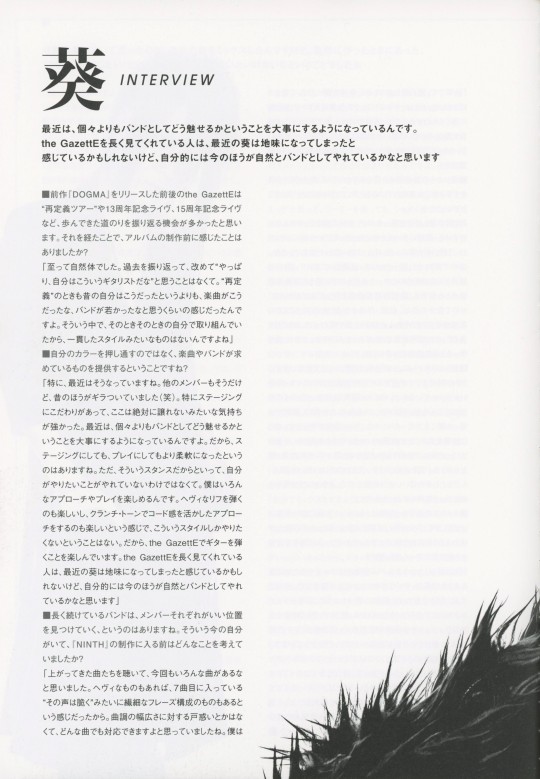
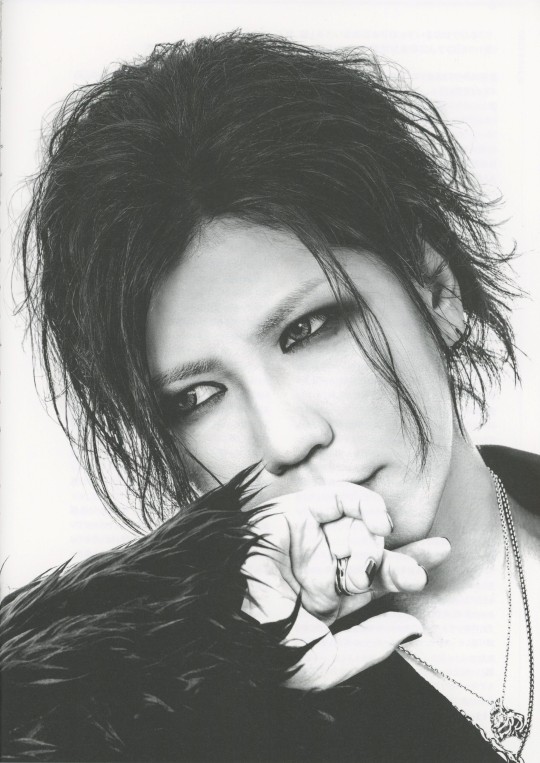
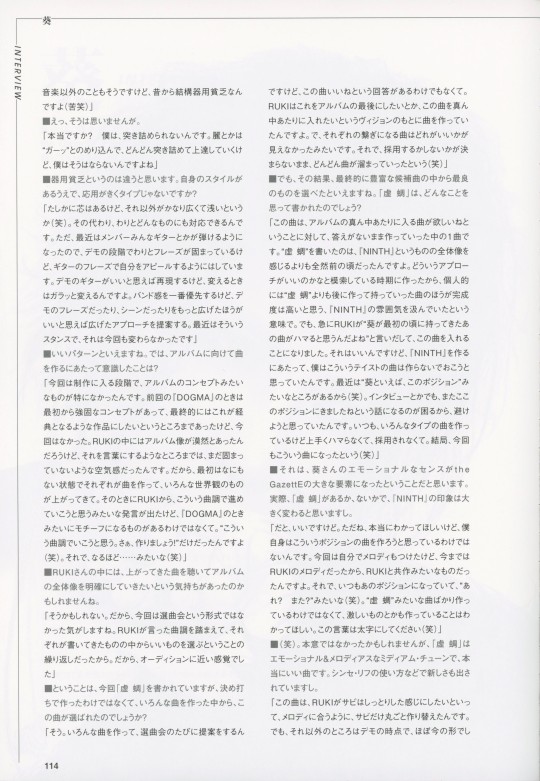
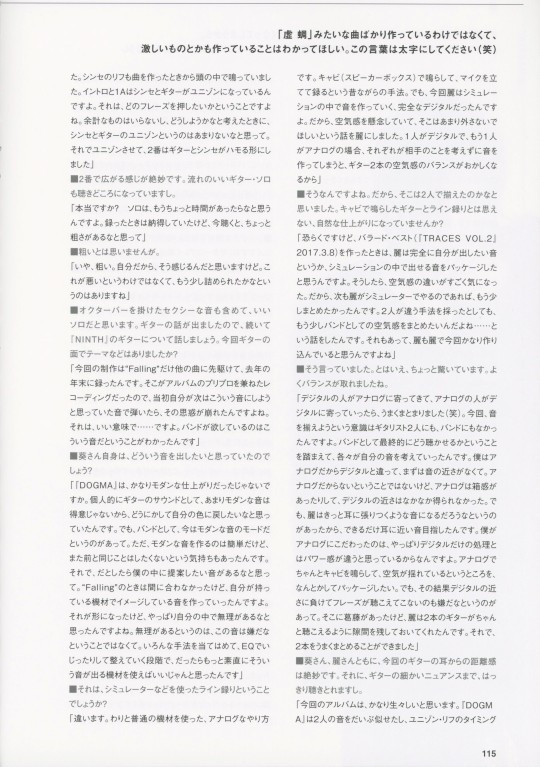
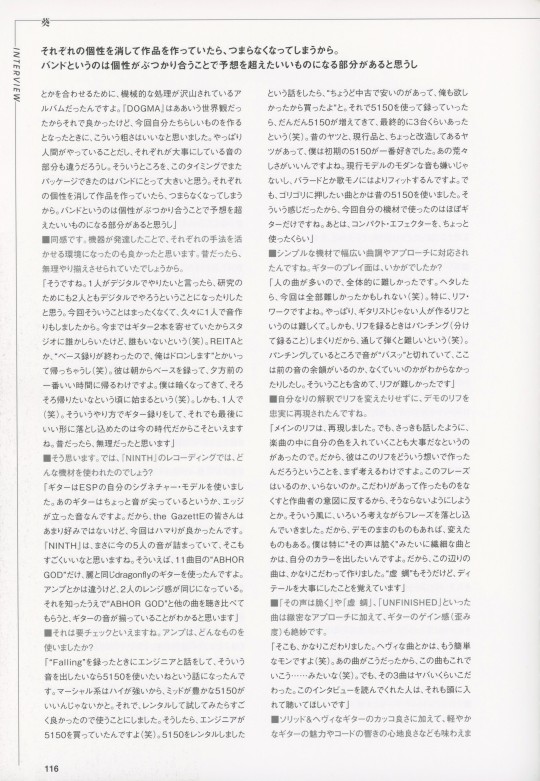
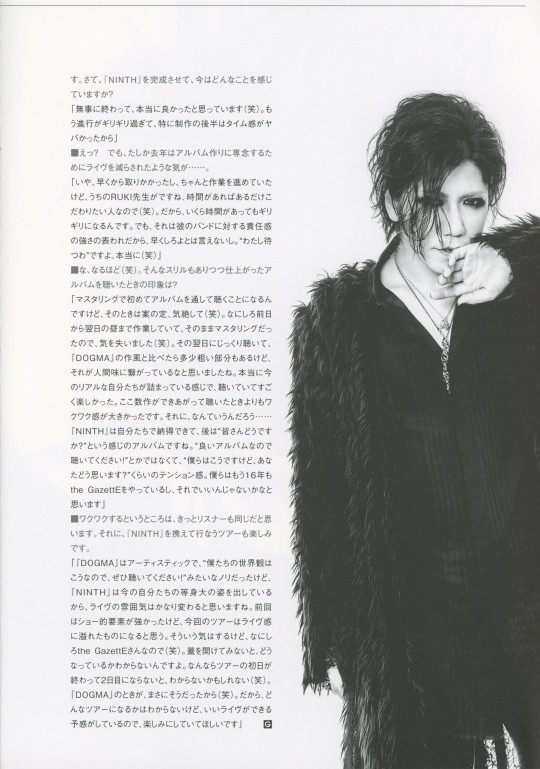
■ Interviewer: Around the release of your previous album "DOGMA," the GazettE had many opportunities to reflect on its journey with the "Redefinition tour," the 13th-anniversary live, and the 15th-anniversary live. Did this influence how you felt before starting the new album?
Aoi: "It was quite natural. Looking back at the past, I didn't have a moment where I thought, 'Yes, I'm definitely this kind of guitarist.' Even during the 'redefinition' phase, it wasn't so much about how I was back then but more about the songs and the youthfulness of the band. In that context, I was always working as my current self at the time, so there's no consistent style."
■ Interviewer: So, it's more about providing what the songs and the band need rather than asserting your own style?
Aoi: "Especially recently, yes. Although the other members are like that too, in the past, I was more intense (laughs). I had a strong attachment to staging, certain things were absolutely non-negotiable. Nowadays, we focus more on how to present ourselves as a band rather than as individuals. So, both in staging and playing, I've become more flexible. However, this doesn't mean I can't do what I want. I enjoy various approaches and playing styles. Playing heavy riffs is fun, and so is using crunch tones to bring out the chords. There’s nothing I don’t want to do style-wise. So, I really enjoy playing guitar in the GazettE. Long-time fans might think Aoi has become more subdued lately, but I feel more naturally part of the band now."
■ Interviewer: In long-lasting bands, members often find the right position for themselves. With this mindset, what were your thoughts going into the creation of "NINTH"?
Aoi: "When I listened to the submitted songs, I thought there was a lot of variety again. There were heavy songs, and delicate ones like the seventh track, 'その声は脆く' (Sonokoe wa Moroku). I wasn't confused by the variety; I felt ready to handle any song. I’ve always been something of a jack-of-all-trades, even outside of music (laughs)."
■ Interviewer: Really? I don't see it that way.
Aoi: "Is that so? I feel I can't dive deep into things. Uruha, for example, dives headfirst into things and steadily improves, but I'm not like that."
■ Interviewer: I don't think being versatile is the same as being a jack of all trades. You have your own style, and you're the type who can apply it in various situations, right?
Aoi: "True, I have a core, but everything else is quite broad and shallow (laughs). As a trade-off, though, I can adapt to almost anything. Lately, all the members have become capable of playing guitar, so during the demo stage, the phrases are often already solidified. Still, I make sure to assert myself with the guitar phrases. If I think the demo's guitar phrase is good, I'll reproduce it, but when I change it, I change it completely. Band cohesion is my top priority, but if I feel it's better to expand the demo phrase or the scene, I'll suggest a broader approach. That’s been my stance recently, and it hasn’t changed this time either."
■ Interviewer: That seems like a good approach. When creating songs for the album, what did you focus on?
Aoi: "This time, we didn’t have a specific concept for the album when we started. With "DOGMA," we had a strong concept from the beginning, aiming to create a work that would become like a scripture. But this time, we didn’t have that. RUKI probably had a vague idea of the album, but it wasn’t solidified enough to put into words. So, at first, we just started making songs individually, and various worldviews emerged. When RUKI mentioned a direction for the songs, it wasn’t a motif like in "DOGMA." It was more like, ‘Let’s proceed with this musical style.’ So, we started creating with just that direction in mind (laughs)."
■ Interviewer: Perhaps RUKI wanted to clarify the overall vision of the album by listening to the submitted songs.
Aoi: "Maybe so. That's why this time it didn't feel like a selection meeting in the traditional sense. It was more about building upon the musical direction Ruki had mentioned and choosing the best among what each of us had written. So, it felt like an audition in a way."
■ Interviewer: So, regarding the song Utsusemi, was it chosen from various songs you made, not something you created with a fixed decision?
Aoi: "Yes. I made many songs and proposed them at each selection meeting, but there wasn’t a direct response like, ‘This song is good.’ RUKI created songs with a vision of wanting this one at the end of the album or this one in the middle. He couldn’t see which songs would connect well. As a result, the songs kept piling up without deciding whether to adopt them or not (laughs)."
■ Interviewer: But in the end, you could choose the best from a rich pool of candidate songs. What was your thought process in writing Utsusemi?
Aoi: "This song was one of those created without a clear answer to the need for a mid-album track. I wrote Utsusemi long before I had a clear vision of "NINTH." I was still exploring how to approach it, so personally, I think the songs I made after Utsusemi are more complete, reflecting the atmosphere of "NINTH." But suddenly, RUKI started saying he thought that song I had brought in at the beginning would fit well, and that's how this song got included. That's all good, but when it came to making 'NINTH,' I had thought to avoid making songs of this type. There’s this perception of ‘this is Aoi's position’ (laughs). Even in interviews, it becomes a topic, and I wanted to avoid that. I always create various types of songs, but they often don’t fit and aren’t adopted. In the end, it turned out to be a song like this again this time (laughs)."
■ Interviewer: That’s because your emotional sense is a significant element of the GazettE. Whether Utsusemi is included or not greatly affects the impression of "NINTH."
Aoi: "I hope so. But honestly, I want people to understand that I don't intend to create songs of this position. This time, I came up with the melody myself, but until now, it was Ruki's melodies, so it was like a collaboration with Ruki. It always ends up in that position, like, 'Huh? Again?' (laughs). I want people to know that I also create intense songs, not just songs like Utsusemi. Please make this sentence bold (laughs)."
■ Interviewer: (laughs). Even if it wasn’t your initial intention, “Utsusemi” is an emotional and melodious mid-tempo tune, a truly great song. It also introduces new elements, such as the use of synth riffs.
Aoi: "For this song, RUKI wanted the chorus to feel soft, so I completely reworked the chorus to match the melody. But apart from that, the demo was almost in its final form. The synth riff was in my head from the moment I created the song. The intro and first verse have the synth and guitar in unison. That’s about which phrases to emphasize. I felt that nothing extra was needed and thought there weren't many examples of synth and guitar unison. So, I made them unison, and for the second verse, I harmonized the guitar and synth."
■ Interviewer: The expansive feel in the second verse is exquisite. The guitar solo flows beautifully and is a highlight.
Aoi: "Really? I feel like I could have done more with the solo if I had more time. I was satisfied when I recorded it, but listening to it now, I think it’s a bit rough."
■ Interviewer: I don’t think it’s rough at all.
Aoi: "No, it’s rough. Maybe I feel that way because it’s my own work. It’s not that it’s bad, but I think I could have polished it a bit more."
■ Interviewer: Including the sexy sound with the octaver, it’s a great solo. Speaking of guitars, let’s talk about the guitars on “NINTH.” Did you have any themes for the guitars this time?
Aoi: "We recorded 'Falling' at the end of last year, ahead of the other songs, which served as a pre-production recording for the album. Initially, I played with a sound in mind for the next step, but that expectation was shattered. In a good way… We understood what the band desired in terms of sound."
■ Interviewer: What kind of sound were you aiming for?
Aoi: "DOGMA had a very modern finish. Personally, I’m not very good with modern guitar sounds, so I wanted to bring it back to my own style. But the band was in a modern sound mode. Making a modern sound is easy, but I didn’t want to do the same thing again. So, I thought I’d propose a sound I had in mind. Although it didn’t make it in time for 'Falling,' I started crafting the sound I envisioned using my equipment. It took shape, but I felt it was a bit forced. Not that I disliked the sound, but in the process of adjusting it with various methods and EQ, I realized it would be better to use equipment that naturally produced that sound."
■ Interviewer: Does that mean you used simulators for direct recording?
Aoi: "No, I used a pretty standard setup in an analog way, playing through a cab (speaker box) and miking it. Uruha, on the other hand, created his sound entirely digitally using simulations. I was concerned about the atmosphere and asked him not to stray too far from it. When one person uses digital and the other uses analog, if we don’t consider each other’s sounds, the balance of the two guitars’ atmospheres can become odd."
■ Interviewer: That’s true. So, did you two align your approaches? The result sounds very natural, as if both guitars were recorded in the same manner.
Aoi: "Maybe, but when we made the ballad best (TRACES VOL.2), Uruha packaged the sound he wanted to create entirely through simulation. The difference in atmosphere was very noticeable. So, I wanted to consolidate the band’s overall atmosphere a bit more if he continued using simulators. Even though we used different methods, we discussed wanting to consolidate the band's ambiance a bit more… That's what I talked about. I think Uruha put a lot of effort into his sound creation this time as well."
■ Interviewer: He mentioned that. Still, I’m a bit surprised. The balance seems well-achieved.
Aoi: "When the digital player moves towards analog and the analog player towards digital, it comes together well (laughs). Neither the two guitarists nor the band consciously tried to match the sounds this time. Each of us thought about our own sound, considering how the band would ultimately be heard. Being analog, I lacked the closeness in sound that digital provides. Analog has a sense of space, while digital’s closeness is hard to replicate. Knowing Uruha’s sound would stick to the ears, I aimed for a sound as close to the ear as possible. I insisted on analog because I believe it offers a different power compared to purely digital processing. I wanted to package the feel of air vibrating from the cab. But I didn’t want the digital closeness to overpower the phrases either. That was a conflict, but Uruha left space for both guitars to be heard, which allowed us to blend them well."
■ Interviewer: The proximity of the guitars is perfect. You can clearly hear the nuances of the guitar.
Aoi: "This album feels very raw. 'DOGMA' made the sounds of both of us quite similar, and the album had a lot of mechanical processing to synchronize unison riffs. That was suitable for the world view of 'DOGMA,' but when it came time to create something true to ourselves this time, I thought this kind of roughness was good. After all, it's something humans do, and each person values different aspects of the sound. Packaging that again at this timing is significant for the band. If we erased our individualities, the work would become boring. I believe a band creates something unexpectedly great by clashing individualities."
■ Interviewer: I agree. The advancement of equipment has created an environment where different approaches can be utilized effectively. In the past, you would have been forced to align our methods.
Aoi: "That's right. If one of us had said they wanted to go digital, we would have ended up both going digital for the sake of research. But this time, we didn't do that at all, and I was able to work on my sound independently for the first time in a while. Previously, there was always someone in the studio because we were bringing the two guitars together. But this time, everyone was gone (laughs). REITA, for instance, would say, 'I'm done recording my bass, so I'll take off,' and he’d leave (laughs). He would record his bass from the morning and leave around the best time in the afternoon. I would start when it got dark, just when I wanted to go home (laughs). And I’d be alone (laughs). Recording guitars that way and still managing to bring them together nicely in the end is only possible in this day and age. It would have been impossible in the past, I think."
■ Interviewer: I agree. So, what equipment did you use for the recording of "NINTH"?
Aoi: "I used my signature model from ESP for the guitar. That guitar has a bit of a sharp sound, or you could say it has an edgy tone. It's not typically the sound the members of the GazettE prefer, but it fit well this time. 'NINTH' really captures the current sound of the five of us, which I think is great. By the way, for the 11th track 'ABHOR GOD,' I used the same Dragonfly guitar as Uruha. Although the amps were different, the tonal range of the two guitars matched. If you listen to 'ABHOR GOD' compared to the other tracks knowing that, you'll notice how unified the guitar tones are."
■Interviewer: That’s definitely something to check out. What kind of amps did you use?
Aoi: "When we were recording 'Falling', I talked with the engineer about wanting that kind of sound, so we decided to use the 5150. Marshall amps have a strong high end, so we thought the 5150, with its rich mids, would be better. We rented one to try it out and it sounded great, so we decided to use it. Then, the engineer ended up buying a 5150 (laughs). He said, 'There was a cheap used one available, so I bought it.' We ended up with about three 5150s: an older model, a current one, and a slightly modified one. I liked the early model 5150 the best for its rawness. I don't dislike the modern sound of the current model; it fits better for ballads and vocal songs. But for aggressive tracks, I used the old 5150. So, I mainly used my guitar, and just a few compact effects."
■ Interviewer: You managed to cover a wide range of styles and approaches with simple equipment. How was the guitar playing aspect?
Aoi: "Since many of the songs were written by others, it was overall quite challenging (laughs). Especially the riff work. It's difficult when non-guitarists create riffs. Also, when recording the riffs, I did a lot of punching in (recording in sections), which made playing them through difficult (laughs). The sound would cut off at the punching points, and I’d have to figure out whether the resonance from the previous sound was needed or not. Those things made the riffs challenging."
■ Interviewer: You reproduced the demo riffs faithfully without changing them to suit your style?
Aoi: "I recreated the main riffs. But as I mentioned earlier, it's important to incorporate my own color into the music. So, I first consider what the composer intended with the riff. Does this phrase need to be there or not? I didn't want to remove something they were particular about, which would go against their intent. I carefully thought about these aspects while shaping the phrases. Some parts stayed as in the demo, while others changed. For delicate songs like 'Sonokoe wa Moroku', I wanted to showcase my style. I was particular about those songs, as well as 'Utsusemi. I remember paying close attention to the details."
■ Interviewer: Songs like 'Sonokoe wa Moroku, 'Utsusemi', and 'UNFINISHED' have a precise approach and the guitar's gain (distortion) is just right.
Aoi: "I was very particular about that. Heavy songs are simpler (laughs). It's like, if that song is like this, then this song should be like this too (laughs). But those three songs were seriously meticulous. I hope readers of this interview keep that in mind while listening."
■ Interviewer: You can enjoy not only the solid and heavy guitar sound but also the light guitar charm and the pleasant resonance of the chords. How do you feel now that 'NINTH' is complete?
Aoi: "I really feel relieved that we finished it (laughs). The schedule was cutting it really close, especially in the latter half of the production."
■ Interviewer: Really? But I thought you reduced the number of live performances last year to focus on making the album...
Aoi: "Well, we did start early and made proper progress, but our dear RUKI is the type who, if he has time, wants to obsess over every detail (laughs). So no matter how much time we have, it always ends up being right up to the deadline. But that’s because of his strong sense of responsibility towards the band, so I can’t really tell him to hurry up. It’s like, ‘I’ll wait for you, really’ (laughs)."
■ Interviewer: I see (laughs). What was your impression when you listened to the finished album, considering all that thrill?
Aoi: "I listened to the album in full for the first time during mastering, and as expected, I passed out (laughs). We worked from the day before until midday the next day, and went straight into mastering, so I blacked out (laughs). The next day, I listened to it carefully and, compared to 'DOGMA,' there are some rough parts, but I felt that added to its humanity. It really captured our current, real selves, and I enjoyed listening to it a lot. The excitement I felt was greater than with our last few works. And you know, 'NINTH' is like, 'We're satisfied with it, now what do you all think?' kind of album. It's not like 'Listen to this great album!' It's more like 'This is us, what do you think?' kind of vibe. We've been doing the GazettE for 16 years now, and I think that's just fine."
■ Interviewer: I'm sure the listeners will feel that excitement too. I'm also looking forward to the tour with 'NINTH'.
Aoi: "'DOGMA' was artistic, with a vibe of 'This is our worldview, please listen!' But 'NINTH' shows our real, down-to-earth selves, so I think the live atmosphere will be quite different. The last tour had a strong theatrical element, but I think this tour will be full of live energy. That's the feeling I get, but because we're the GazettE (laughs), you never know until you open the lid. Maybe we won't know until the second day after the first day of the tour (laughs). It was exactly like that with 'DOGMA' (laughs). So, I don’t know what the tour will be like, but I have a good feeling we’ll put on great shows, so I hope everyone looks forward to it."
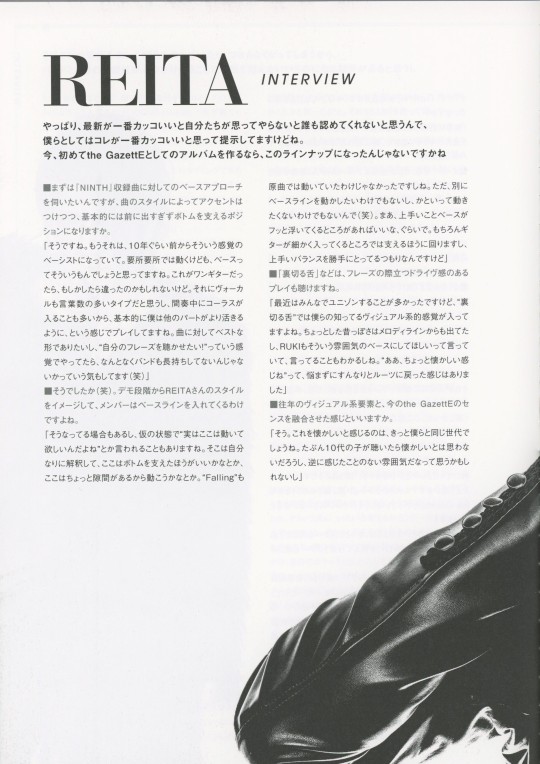
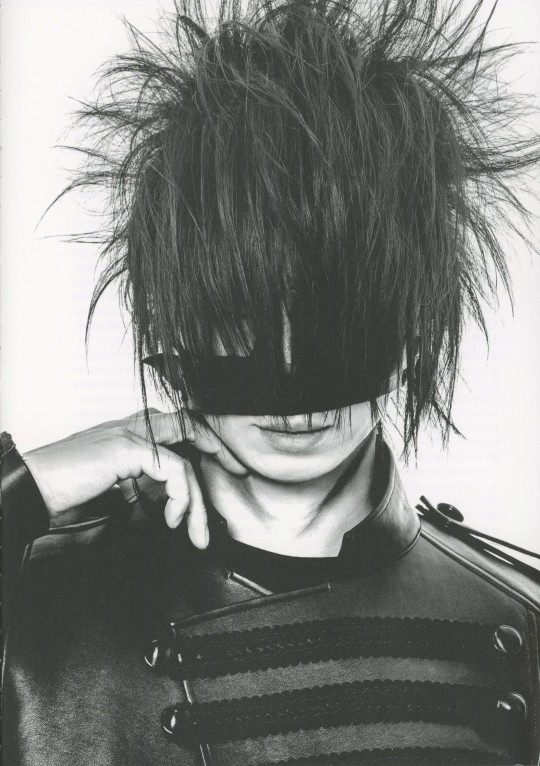
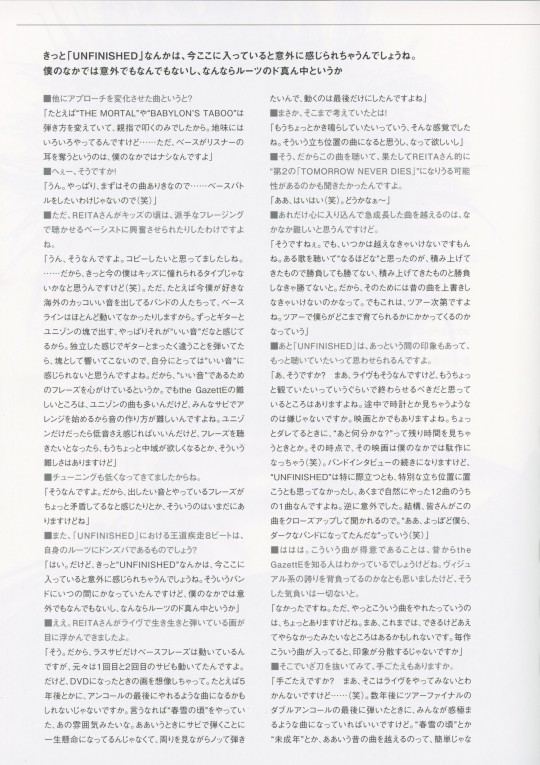
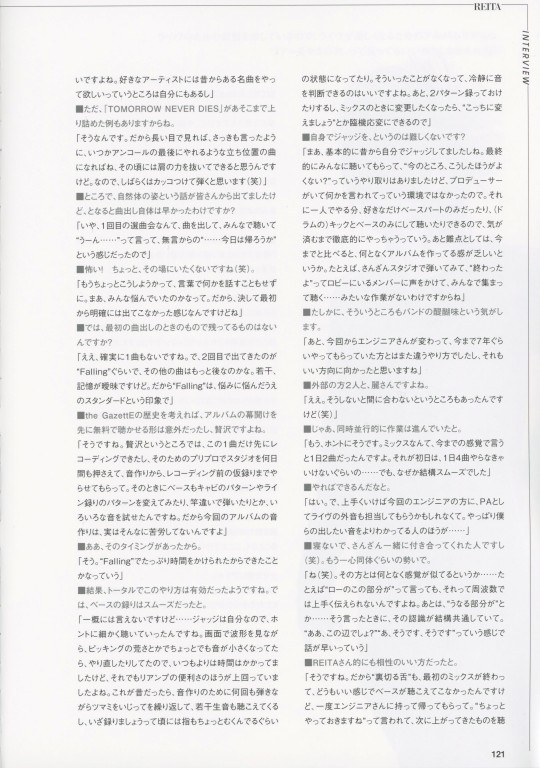
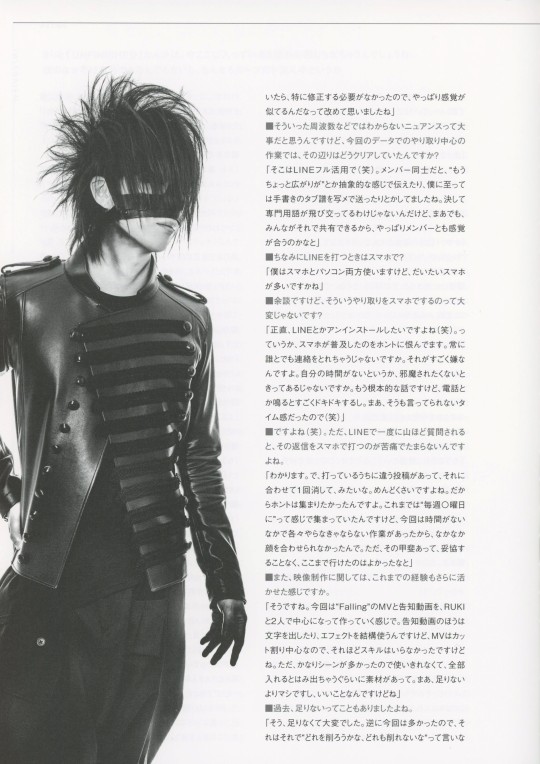
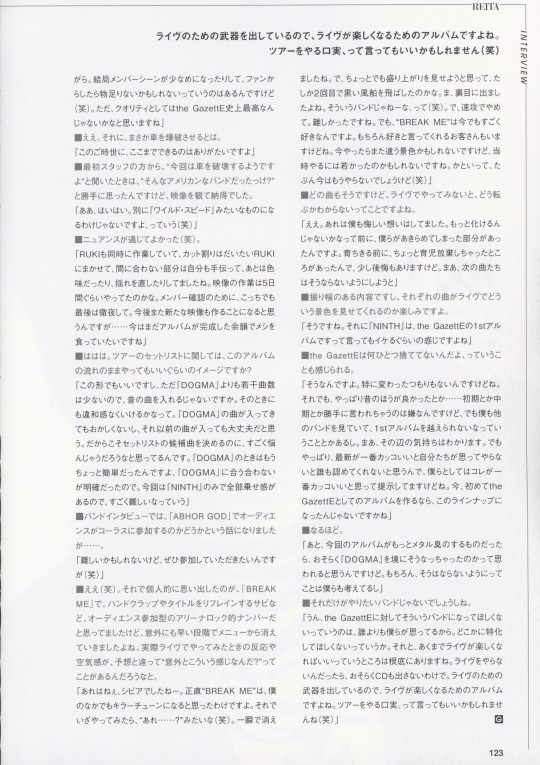
■ Interviewer: First, I’d like to ask about your approach to the songs on "NINTH." You add accents depending on the style of the song, but do you generally take a position that supports the bottom without standing out too much?
Reita: "Yes, that’s right. I’ve been that kind of bassist for about ten years now. I do move around at key points, but I think that’s what the bass should do. If it were a one-guitar setup, it might have been different. Plus, our vocalist uses a lot of words, and often includes choruses during interludes, I generally play to let other parts shine more. I want to be in the best shape for the song, and if I play with the feeling of wanting to hear my own phrases, I feel like the band wouldn't last long (laughs)."
■ Interviewer: I see (laughs). From the demo stage, do the other members incorporate the bass line with your style in mind?
Reita: "Sometimes it works out that way, and sometimes they tell me that they want me to move more in certain parts that were initially placeholders. I interpret it in my own way, thinking maybe I should support the bottom here or move around a bit there if there’s space. 'Falling' wasn’t moving in the original song either. It’s not that I particularly want to move the bass line, but I don’t mind moving either (laughs). It’s just about finding a balance where the bass stands out in a good way. Of course, I support the parts where the guitar comes in intricately, and I think I’m doing a good job of finding that balance on my own."
■ Interviewer: In songs like 'Uragiru Bero,' we can hear your driving, standout phrasing.
Reita: "Recently, we’ve been doing a lot of unison playing, but 'Uragiru Bero' incorporates the visual kei sensibility that we’re familiar with. The melody line has a bit of an old-fashioned feel, and RUKI wanted that kind of bass vibe too, so I understood what he meant."
■ Interviewer: It's like blending the nostalgic visual kei elements of yesteryears with the current sense of the GazettE.
Reita: "Yeah. I think those who feel this as nostalgic are probably our generation. Teenagers today probably wouldn't find it nostalgic; they might even feel it's an atmosphere they've never experienced."
■ Interviewer: Are there other songs where you've changed your approach?
Reita: "For example, 'THE MORTAL' and 'BABYLON'S TABOO' had different playing styles, using only the thumb to strike. I'm quietly doing various things, but stealing the listener's ears with the bass isn't my thing."
■ Interviewer: Oh really?
Reita: "Yeah. After all, it's all about the song itself... I'm not looking to have a bass battle (laughs)."
■ Interviewer: However, when REITA was a kid, he was excited by bassists who dazzled with flashy phrasing, right?
Reita: "Yeah, that's right. I wanted to copy them... So I think maybe I'm not the type who kids would idolize now (laughs). But, for example, the cool bands abroad that I like these days, their bass lines hardly move. They often create a mass of unison with guitars, and that's what I feel is 'good sound.' If I were playing something completely different from the guitar in an independent manner, it wouldn't resonate as a cohesive sound, and to me, that wouldn't feel like 'good sound.' So, I try to focus on phrases that contribute to what I perceive as 'good sound.' But the challenging part with the GazettE is that even in unison songs, everyone starts arranging things in the chorus, so creating sound becomes difficult. If it were just unison, feeling the bass would be enough, but when you want to hear the phrases, you start to feel the need for a bit more midrange, and that's the difficulty."
■ Interviewer: Tuning has also become lower.
Reita: "Yeah, that's right. So, sometimes I feel there's a contradiction between the sound I want to produce and the phrases I'm playing."
■ Interviewer: Also, the straightforward 8-beat rush in "UNFINISHED" must resonate with your roots.
Reita: "Yes. But I'm sure 'UNFINISHED,' for example, might feel surprisingly placed here now. I've become part of such a band without even realizing it, but in my mind, it's neither surprising nor anything else—it's right at the heart of our roots."
■ Interviewer: I can picture you vividly playing it live.
Reita: "Yes, so the bass phrase moves only in the last chorus, but originally it moved in the first and second choruses as well. But I imagined how it would look on DVD. It might become a song we play as an encore in five years. Like when we used to play 'Shunsetsu no koro.' In such moments, I want to play while looking around rather than being engrossed in playing during the chorus, so I kept the movement only in the last part."
■ Interviewer: Wow, I didn't expect you to think that far ahead!
Reita: "It was more of a feeling that I wanted to strum a bit more. I hope it becomes a song that holds that kind of position."
■ Interviewer: I wanted to ask if 'UNFINISHED' could become a second 'TOMORROW NEVER DIES' for you.
Reita: "Ah, yes, well (laughs). Who knows."
■ Interviewer: It seems quite challenging to surpass a song that has embedded itself so deeply in your heart and undergone rapid growth.
Reita: "Yes, but we have to surpass them, right? There's a song that made me think, 'I can't win with just what I've built up, I have to compete with what I've stacked up. So, we might have to overwrite the old songs for that. But that depends on the tour. It’s about how much we can nurture it during the tour."
■ Interviewer: Also, 'UNFINISHED' feels like it goes by quickly. It leaves you wanting to hear more.
Reita: "Really? Well, the same goes for live performances; it’s better to end just when people want to see a bit more. You don’t want them looking at the clock. Like with movies, if you start checking how much time is left, that movie becomes a failure for me (laughs). 'UNFINISHED' wasn’t intended to stand out or be in a special position; it’s just one of the 12 tracks we naturally created. It was surprising that people focused on this song so much. It made me realize how dark our band had become (laughs)."
■ Interviewer: Hahaha. Fans who've known the GazettE for a long time would understand that you excel in such songs. You carry the pride of visual kei, but there’s no pressure, right?
Reita: "There wasn’t any. But I do feel relieved that I finally got to do this kind of song, though. Well, in the past, there might have been times when we could have done it but deliberately chose not to. If this kind of song is in every album, the impression might get diluted, you know?"
■ Interviewer: So, when you finally draw your sword, does it feel satisfying?
Reita: "Is it satisfying? Well, I won't know until we do it live… (laughs). If it becomes a song that makes everyone emotional when played at the end of an encore in a few years, that would be great. It's not easy to surpass old songs like 'Shunsetsu no koro' or 'Miseinen.' There's a part of me that wants to perform classic songs like my favorite artists do."
■ Interviewer: But, there is also the example of "TOMORROW NEVER DIES" rising up that high.
Reita: "Yes, that's right. So, in the long run, as I mentioned earlier, if it becomes a song positioned for the last encore someday, by then, I think I can relax and perform it. So, for a while, I'll probably play it cool (laughs)."
■ Interviewer: By the way, there was talk about everyone being in their natural element, so did the songwriting process itself happen quickly?
Reita: "No, at the first song selection meeting, we played the songs and everyone listened and went 'Hmm…' and then fell silent… and then there was 'Should we go home today?' kind of feeling."
■ Interviewer: Scary! I wouldn't want to be there (laughs).
Reita: "We didn't even discuss things like 'Should we do it this way?' Maybe everyone was just troubled. So, it didn't come together clearly from the beginning."
■ Interviewer: So, none of the songs from the initial selection remain?
Reita: "No, there's not a single one. The second time, we brought out 'Falling,' and the other songs came even later. My memory is a bit vague, but 'Falling' is the standard that came out after much deliberation."
■ Interviewer: Considering the history of the GazettE, it was a luxury to let people listen to the opening track of the album for free.
Reita: "That's right. Speaking of luxury, we were able to record just this one song in advance, and we spent many days in the studio for pre-production, trying out different sounds and doing a preliminary recording before the actual recording. We experimented with various sounds by changing the pattern of the bass cabinet and line recording, and playing with different basses. So, making the sound for this album wasn't really that hard."
■ Interviewer: Ah, it was because of that timing.
Reita: "Yes. I think it was possible because we spent plenty of time on 'Falling'."
■ Interviewer: As a result, this method proved effective overall. So, recording the bass went smoothly?
Reita: "I can't say definitively… I was the judge myself, so I listened very carefully. I was looking at the waveforms on the screen, and if the volume dropped even slightly due to rough picking, I would redo it. So, it took more time than usual, but the convenience of re-amping outweighed it. If this were in the past, I would have played repeatedly to tweak the knobs for sound creation, and by the time we were ready to record, my fingers would have been a bit swollen. Eliminating these issues allows for a calm judgment of the sound. Also, recording in two different patterns allows flexibility during mixing if we want to make changes."
■ Interviewer: Isn't it difficult to judge by yourself?
Reita: "Well, basically, I've always been the one to judge. In the end, I would let everyone listen and there would be exchanges like 'Wouldn't it be better to do it this way?' But we didn't have a producer telling us what to do. Since I did it alone, I could listen to just the bass part or only the bass and drums as much as I wanted, so I could be thorough. However, compared to before, it feels less like making an album. For example, after playing in the studio and saying 'It's done!' and calling everyone to the lobby to listen together—that kind of thing isn't there anymore."
■ Interviewer: Certainly, those are the charms of being in a band.
Reita: "Also, from this time, we changed engineers, and it was different from the way we had done it for about seven years, which I think was a good change."
■ Interviewer: It was two external people and Uruha, right?
Reita: "Yes. We couldn't have finished in time otherwise (laughs)."
■ Interviewer: So, the work progressed simultaneously?
Reita: "Yes, really. For the mix, it used to be two songs a day. But on the first day, we had to do four songs a day… But somehow it went quite smoothly."
■Interviewer: You found out you can do it if you try.
Reita: "Yes. And if it goes well, we might have the current engineer handle the live sound as a PA. After all, it's better to have someone who understands the sound we want to produce."
■ Interviewer: Someone who stayed up with you all night and accompanied you extensively (laughs). Almost like being of one mind.
Reita: "Yes (laughs). It feels like we have a similar sense… For example, if I say 'this low part,' it's hard to convey in terms of frequency. But if I say 'the growling part'... When I say those things, our understanding aligns quite well. 'Ah, around here?' 'Yes, exactly,' that kind of quick communication.
■ Interviewer: It seems like you had good chemistry with this engineer.
Reita: "Yes. So with 'Uragiru Bero,' the initial mix didn’t quite capture the bass well, but when the engineer took it back and said, 'I'll tweak it a bit,' the next version he brought back didn’t need any further adjustments. It reaffirmed that our senses were indeed similar."
■ Interviewer: These nuances that can’t be conveyed through frequencies are important. How did you manage that in a process primarily involving data exchange?
Reita: "We used LINE to the fullest (laughs). Among the members, we would communicate in abstract terms like ‘a bit more spread out,’ and I would even send handwritten tab sheets via photo. We didn’t use technical jargon, but everyone could understand it, so I guess we’re in sync with each other."
■ Interviewer: Do you use your smartphone for LINE messages?
Reita: "I use both my smartphone and my computer, but mostly my smartphone."
■ Interviewer: On a side note, isn't it challenging to handle such exchanges on a smartphone?
Reita: "Honestly, I’d love to uninstall LINE (laughs). I actually resent the widespread use of smartphones. You can always be reached by anyone, which I really dislike. There are times when you don’t want to be disturbed and need your own time. On a fundamental level, when the phone rings, it makes me really anxious. But we couldn't avoid using it given the time constraints (laughs)."
■ Interviewer: Right (laughs). But it's really painful to type out lengthy replies on a smartphone when bombarded with questions on LINE.
Reita: "I get that. And then, while typing, you get another message, so you have to start over. It’s annoying. I really wanted us to meet in person. We used to gather every week on a specific day, but this time, due to our tight schedules, we had to handle our tasks individually. However, it was worth it because we didn’t have to compromise, and we achieved a lot."
■ Interviewer: Did your previous experiences help in the video production this time as well?
Reita: "Yes. This time, RUKI and I primarily took the lead in making the 'Falling' MV and the promotional video. The promotional video involved a lot of text and effects, while the MV focused on cutting scenes, so it didn’t require as much skill. However, there were so many scenes that we couldn't fit everything in. It’s better to have too much material than too little, so it was a good problem to have."
■ Interviewer: There have been times when there wasn’t enough material, right?
Reita: "Yeah, it was tough when there wasn’t enough. But this time, we had so much material that we had to decide what to cut, and it was hard because we didn't want to cut anything. As a result, the scenes featuring the members might be a bit fewer, which could leave fans wanting more (laughs). However, I think the quality is the best in the history of the GazettE."
■ Interviewer: Yes. And I couldn’t believe you actually blew up a car.
Reita: "In this day and age, it’s great that we could do something like that."
■ Interviewer: When the staff first mentioned that you were going to destroy a car, I thought, "Are you really that kind of American band?" But after watching the video, I understood.
Reita: "Oh, yes, yes. It’s not like we’re making 'Fast and Furious' or anything (laughs)."
■ Interviewer: I’m glad the nuance came across (laughs).
Reita: "RUKI was also working on it simultaneously. He handled most of the editing, and I helped with the parts he couldn't finish, adjusting colors and fixing the shakiness. We worked on the video for about five days. We even stayed up all night for the final member check. We'll probably be making new videos again soon... but for now, I just want to enjoy the completion of the album."
■ Interviewer: Haha. Regarding the tour setlist, do you plan to follow the flow of this album?
Reita: That’s one way to do it, but since there are slightly fewer songs on this album compared to "DOGMA," we’ll include some older songs. I think they’ll blend in seamlessly. Whether we include songs from "DOGMA" or even older tracks, it shouldn’t feel out of place. This will make selecting the setlist quite challenging. With "DOGMA," it was easier because it was clear which songs fit. This time, with the inclusive nature of "NINTH," it’s a lot more difficult.
■ Interviewer: In a band interview, there was a discussion about whether the audience will participate in the chorus for 'ABHOR GOD.'
Reita: "It might be difficult, but I definitely want them to join in (laughs)."
■ Interviewer: Yes (laughs). Personally, 'BREAK ME' came to mind. With its hand claps and chorus, it seemed like an arena rock number meant for audience participation. But it disappeared from the setlist surprisingly quickly. I imagine the live reaction wasn’t what you expected?
Reita: "Yeah, that was tough. Honestly, I thought 'BREAK ME' would be a killer tune. But when we played it, it was like, "Oh…?" (laughs). It disappeared almost immediately. We even tried to hype it up by releasing black balloons during the second performance, but that backfired. It made us realize we weren’t that kind of band (laughs). So we quickly dropped it. But I still really like "BREAK ME." Some fans do too. It might look different now if we performed it, but it probably won’t happen (laughs).
■ Interviewer: You never know how a song will go over live until you try it.
Reita: "Yeah. I was disappointed too. We gave up on it before it could fully develop. There’s a bit of regret, but we’re determined not to let that happen with the new songs.
■ Interviewer: With such a wide range of content, I’m excited to see how each song will unfold live.
Reita: "Yes. 'NINTH' feels like it could be our first album. It shows that the GazettE hasn't discarded anything."
■ Interviewer: Despite not intentionally changing, some people might say they prefer your early or mid-period work.
Reita: "Yes, I understand that feeling. We don’t feel like we’ve changed, but we get comments about how the old stuff was better or how people prefer our early or mid-period work. I understand that sentiment because I’ve felt that way about other bands. But we believe the latest work is the coolest, and we present it as such. If we were to make our first album now, it would likely be this lineup of songs.
■ Interviewer: I see.
Reita: "If this album had a stronger metal smell, people might think we changed after 'DOGMA.' But we make sure not to go in that direction."
■ Interviewer: You’re not a band that wants to stick to just one thing.
Reita: "Exactly. We don't want to be pigeonholed into one genre. As long as our live shows are enjoyable, that's what matters. We wouldn’t release CDs if we didn’t perform live. The album is meant to make our live shows fun. You could even say it’s an excuse to tour (laughs)."
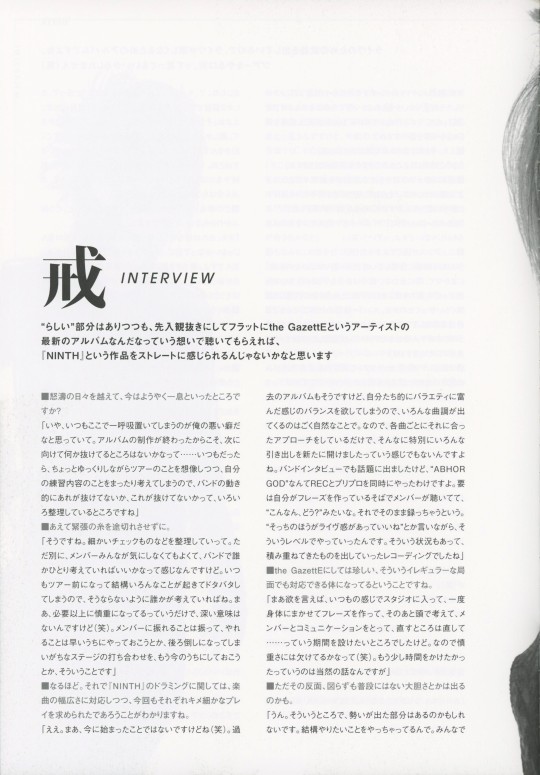
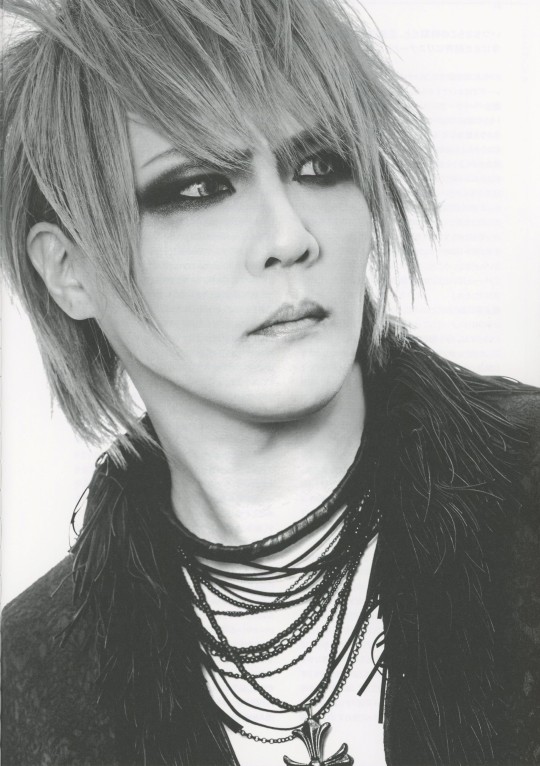
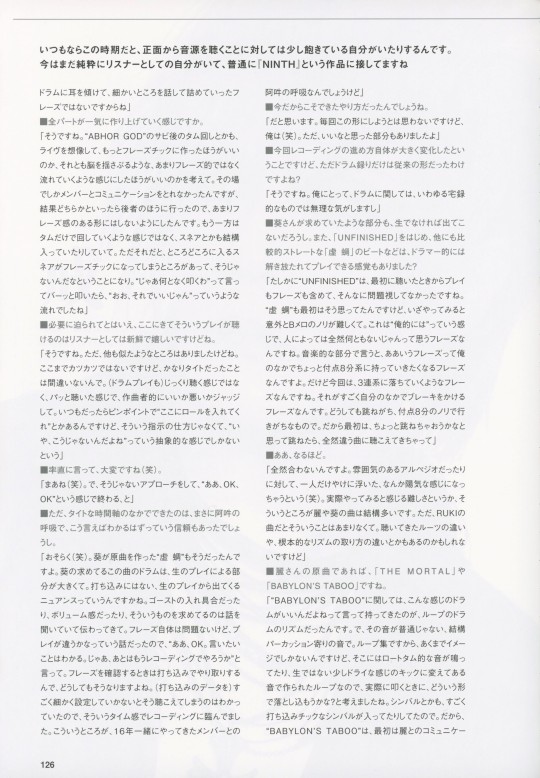
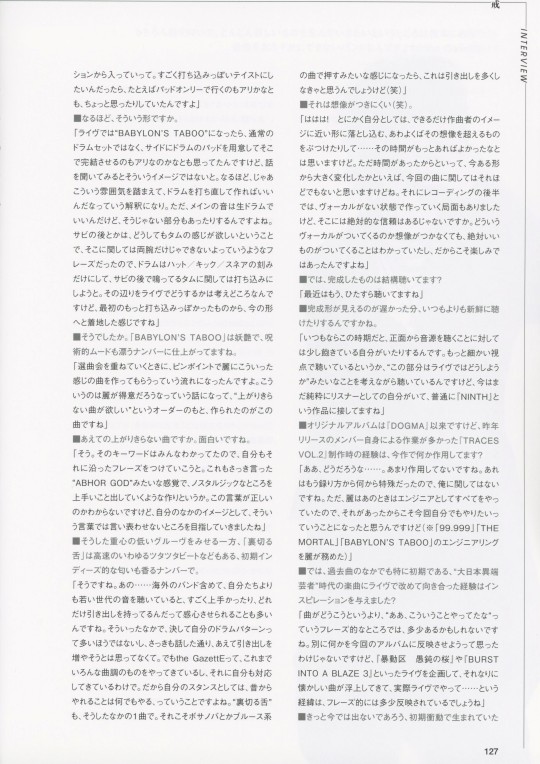
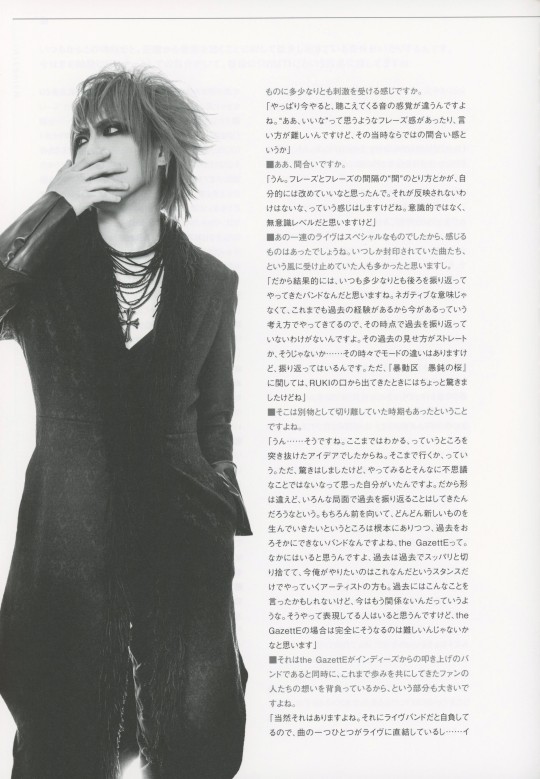
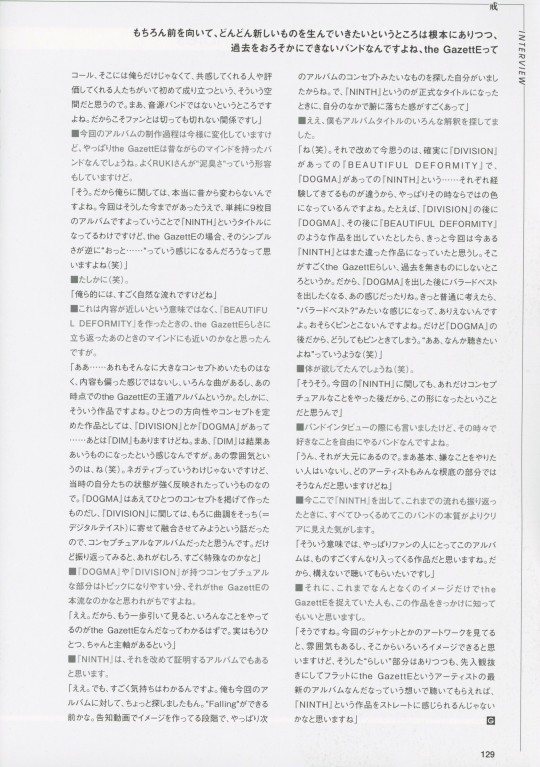
■ Interviewer: After the whirlwind days, are you finally able to take a breather now?
Kai: "Well, I always think that taking a breather at this point is one of my bad habits. Now that the album production is over, I'm thinking if there's anything we've missed for the next step. Usually, I'd relax a bit while imagining the tour, casually considering my practice routines, but now I'm trying to organize everything, checking if the band is missing anything."
■ Interviewer: So you're intentionally keeping the tension high.
Kai: "Yes, I'm organizing the finer details. Not that everyone in the band needs to worry about it; it’s enough if one person thinks about it. There are always a lot of last-minute issues before a tour, so I'm trying to prevent that by planning ahead. It’s just that I'm being extra cautious without any deeper meaning (laughs). I'm trying to delegate tasks early on and have meetings about the stage setup that we usually push back."
■ Interviewer: I see. Regarding the drumming on "NINTH," it seems you had to play with a lot of precision while adapting to the wide variety of songs.
Kai: "Yes. Well, it's nothing new (laughs). Our previous albums also had a variety of songs because we like a diverse balance, so it's natural for different styles to emerge. For each song, I just approach it in a way that fits, and it's not like I opened up a lot of new possibilities. In the band interview, we mentioned how we did the recording and pre-production for 'ABHOR GOD' simultaneously. Basically, while I was creating the phrases, the members were listening and saying things like, 'How about this?' and then we recorded it on the spot. It was like, 'This has a live feel to it,' so we did it at that level. It was a recording where we built on what we had accumulated."
■ Interviewer: It's rare for the GazettE to handle irregular situations like that, but you managed well.
Kai: "If I could have my way, I'd prefer to spend time in the studio as usual, creating phrases instinctively, then thinking them over, communicating with the members, and making adjustments. So, I felt a bit less cautious this time (laughs). Naturally, I wished we could have taken more time."
■ Interviewer: On the other hand, it might have resulted in boldness that you wouldn't usually have.
Kai: "Yes, that might have brought some momentum. We ended up doing what we wanted. Normally, around this time, I’d be a bit tired of listening to the recordings. But now, I still have a pure listener's perspective and am engaging with 'NINTH' as a regular listener. Since the drum parts weren't meticulously crafted through detailed discussions, it feels fresh."
■ Interviewer: So all parts were created simultaneously.
Kai: "Yes. For example, with the tom rolls after the chorus in 'ABHOR GOD,' I thought about whether to make the phrases more structured for live performance or to let it flow more naturally, not too structured. I could only communicate with the members on the spot, and we decided on the latter, making it less structured. The other option was to use only toms, but we included a lot of snare too. But that made the snare parts feel too structured, so we decided against it. I ended up saying, 'I'll just play it roughly,' and when I did, they said, 'That works.'"
■ Interviewer: Although it was necessary, hearing such playstyles now is fresh and exciting for listeners.
Kai: "Yes, though other parts were similar. It wasn’t as rushed, but it was certainly tight. Instead of detailed listening, we quickly judged whether something was good or not. It was judged by the composers, usually, they might ask for specific rolls at certain points, but this time it was more abstract like, 'No, that's not quite right.'"
■ Interviewer: Honestly, it sounds tough (laughs).
Kai: "Well, yes (laughs). And when I tried a different approach, they'd say, 'Yeah, that's fine,' and that would be it."
■ Interviewer: Even though you were working under tight time constraints, there must have been a sense of mutual understanding and trust, like knowing what each other meant without needing to explain everything.
Kai: "Probably (laughs). That was the case with "Utsusemi" that Aoi composed. It required a lot of live drumming nuances that can't be captured by programming. Listening to Aoi, I understood he wanted those ghost notes, volume dynamics, and so on. It wasn't the phrase itself that was an issue but the way it was played. We communicated using programmed data, but it was clear we needed live recording. This level of understanding is a result of our 16 years together."
■ Interviewer: It was a method that worked precisely because of your long experience together.
Kai: "I think so. I wouldn't want to do it this way every time (laughs). But there were good aspects to it."
■ Interviewer: Though the recording process changed significantly, you still recorded the drums traditionally, right?
Kai: "Yes. For me, recording drums at home wouldn’t work."
■ Interviewer: For parts like those in 'UNFINISHED' and the straightforward beats in 'Utsusemi' did you feel more liberated as a drummer?
Kai: "When I first listened to 'UNFINISHED,' I didn't have any issues with the play or the phrases. I felt the same about 'Utsusemi' at first, but the B-melody’s groove was surprisingly tricky. It might seem easy to others, but for me, it was challenging. Musically, I tend to lean towards dotted eighth-note feels, but this time, it was more triplet-based. This created a mental block for me, as I naturally gravitate towards that dotted feel. Trying to swing it slightly made the song sound completely different."
■ Interviewer: Ah, I see.
Kai: "It didn’t fit at all. With the atmospheric arpeggio, my part felt oddly cheerful and out of place (laughs). This kind of difficulty is common with Uruha and Aoi’s songs. But with RUKI’s songs, I don't encounter that as much. It might be due to the different musical roots we've listened to or the fundamental differences in how we perceive rhythm."
■ Interviewer: With Uruha’s compositions, like "THE MORTAL" or "BABYLON'S TABOO."
Kai: "For 'BABYLON'S TABOO,' he brought a drum loop rhythm and said, 'This is the kind of drum feel I want.' The sound was unusual, quite percussive. It was a loop with sounds like roto-toms and a dry kick, not quite live. So, I had to think about how to replicate that feel in live play. Even the cymbals in the loop were very electronic. So, I started by communicating with Uruha. If he wanted a very electronic feel, I thought we might even consider using only pads."
■ Interviewer: I see, that's the approach you took.
Kai: "When we play 'BABYLON'S TABOO' live, I thought it might be better to use a drum pad on the side instead of a traditional drum set, but after talking it over, that wasn’t the image we wanted. So, I interpreted it as needing to rework the drums to fit that atmosphere. The main sound would be live drums, but there were parts where that wouldn't work. For example, after the chorus, Uruha wanted the toms to come through, but the phrase required more than just two arms. So, I decided to keep the live drums for the hi-hat, kick, and snare, but use programming for the toms after the chorus. How to handle this in a live setting is something we'll have to figure out, but it evolved from a very programmed sound to its current form."
■ Interviewer: I see. "BABYLON'S TABOO" has a seductive, ritualistic mood.
Kai: "When we were selecting songs, we specifically asked Uruha to compose a song with this feel. We thought this was Uruha's forte, and we asked him for a song that doesn’t fully climax. That’s how this song was created."
■ Interviewer: A song that intentionally doesn’t fully climax—interesting.
Kai: "Yes. Everyone understood that keyword, so I created my phrases to align with that. Similar to 'ABHOR GOD,' the idea was to bring out a nostalgic feel. I'm not sure if this is the right word, but I aimed for something beyond what words can describe."
■ Interviewer: While you show a low, grounded groove, "Uragiru Bero" features a fast beat, reminiscent of your early indie days.
Kai: "That's right. When I listen to music by younger bands, including those overseas, I often find them really skillful and impressive in terms of how many tricks they have up their sleeves. In that context, I don't have a wide variety of drum patterns, and as I said earlier, I don't deliberately try to expand my repertoire. But the GazettE has done various types of songs over the years, and I’ve adapted to them. My stance has always been to do whatever I can, and 'Uragiru Bero' is one of those tracks. If we were to do something like bossa nova or blues, then I’d think about expanding my repertoire (laughs)."
■ Interviewer: That’s hard to imagine (laughs).
Kai: "Haha! My goal is always to match the composer’s image as closely as possible, and if I can, surpass their expectations. I wish we had more time, but even if we did, I don't think the songs would have changed significantly. In the latter half of the recording, we worked on some tracks without vocals, but we have absolute trust in each other. Even if I couldn’t imagine the vocals, I knew they’d be great, so it was something to look forward to."
■ Interviewer: So, have you been listening to the finished product a lot?
Kai: "Recently, I've been listening to it constantly."
■ Interviewer: Since the final version took longer to come together, does it feel fresher than usual?
Kai: "Usually, by this time, I’m a bit tired of listening to the tracks repeatedly. I’d be listening with a more critical ear, thinking about how to perform certain parts live. But now, I’m still approaching 'NINTH' as a pure listener."
■ Interviewer: It’s your first original album since "DOGMA." Did the experience of making "TRACES VOL.2," which involved a lot of work from the members themselves, influence this album?
Kai: "Well, let’s see... not really. The recording process for that was very unique, so it didn’t affect me much. However, Uruha did all the engineering for 'TRACES VOL.2,' and that experience led him to want to handle some engineering himself this time (he engineered '99.999,' 'THE MORTAL,' and 'BABYLON'S TABOO')."
■ Interviewer: So, did revisiting your older songs from the "Dainippon Itangeisha" era during live performances provide any inspiration?
Kai: "It’s less about the specific songs and more about the phrases. It’s like, ‘Oh, we used to do stuff like this,’ so there might be some influence in that sense. I didn’t set out to reflect anything specific from those songs in the new album, but organizing live events like 'Boudouku Gudon no Sakura' and 'BURST INTO A BLAZE 3' brought back nostalgic tracks that we performed live… so that process might have influenced some of the phrases."
■ Interviewer: It must have been somewhat stimulating to revisit those early impulses that you might not be able to capture now.
Kai: "Yeah, when we play them now, the way we perceive the sounds is different. There are phrases where I think, ‘Oh, this is nice,’ and it’s hard to explain, but there’s a sense of timing unique to that period."
■ Interviewer: Timing, you say.
Kai: "Yes. The spacing between phrases, the way we handled the ‘ma’ (space), I found it to be quite good upon revisiting. It's probably at an unconscious level rather than something deliberate."
■ Interviewer: Those live performances were special, and I’m sure they left an impression. Many fans likely saw those songs as sealed away.
Kai: "As a band, we’ve always looked back to some extent. Not in a negative way, but we believe that the present is built on past experiences, so it’s impossible not to reflect on the past. Whether we show it straightforwardly or in a different mode varies, but we do reflect on it. But I was a bit surprised when Ruki suggested ''Boudouku Gudon no Sakura"."
■ Interviewer: That period was considered separate, right?
Kai: "Yes… exactly. It was an idea that went beyond what we understood up to that point. It was like, 'We're going that far?' I was surprised, but when we actually did it, it didn't seem so strange. So, in various ways, we've been reflecting on our past. At the same time, we have a fundamental desire to look forward and create new things. The GazettE is a band that can't neglect its past. There are some artists who can completely cut off their past and say, 'This is what I want to do now,' and I think that's a valid approach. They might have said something in the past but now say it doesn't matter anymore, but I don’t think that’s possible for the GazettE."
■ Interviewer: That’s partly because the GazettE is a band that has grown from the indie scene and carries the sentiments of the fans who have walked with you all this time.
Kai: "Of course, that's a big part of it. We pride ourselves on being a live band, so each song is directly connected to our live performances. While we fundamentally want to keep looking forward and creating new things, we are a band that can't neglect our past. It's not just about us; it's a space that only exists because there are people who empathize with us and appreciate us. Essentially, we're not just a recording band. That's why we have an inseparable relationship with our fans."
■ Interviewer: The creation process for this album has evolved, but it seems that the GazettE still retains its old-school mindset. RUKI often describes it as having a “gritty” quality.
"Exactly. We've really remained unchanged since the old days. This time, the album is simply our ninth one, hence the title 'NINTH.' For the GazettE, that simplicity is actually quite surprising, I think (laughs)."
■ Interviewer: Indeed (laughs).
Kai: "For us, it’s a very natural progression."
■ Interviewer: In terms of essence, it feels similar to when you made 'BEAUTIFUL DEFORMITY,' where you returned to the GazettE's roots.
Kai: "Ah… that one didn't have a grand concept either, and the content wasn't biased; it had various songs. It was a quintessential GazettE album at that time. Certainly, it's a similar work. For albums with a more defined direction or concept, there’s 'DIVISION' and 'DOGMA'... and also 'DIM.' Well, 'DIM' ended up being what it was. That atmosphere... (laughs). It’s not negative, but it strongly reflected our state at the time. 'DOGMA' was deliberately made with a specific concept, and 'DIVISION' was a conceptual album aimed at blending styles with a digital taste. Looking back, those albums are rather unique."
■ Interviewer: The conceptual nature of 'DOGMA' and 'DIVISION' often makes them seem like the main essence of the GazettE.
Kai: "Yes. But if you take a step back, you should realize that the GazettE does many different things. Actually, there's another core principle that we stick to."
■ Interviewer: I think 'NINTH' is an album that reaffirms that.
Kai: "Yes. But I totally understand the sentiment. Even I was searching for a concept for this album at first, before 'Falling' was created. When we were making the promotional videos, I was looking for something that would define the next album. So when 'NINTH' became the official title, it felt very right to me."
■ Interviewer: Yes, I also searched for various interpretations of the album title.
Kai: "Right (laughs). Looking back now, 'BEAUTIFUL DEFORMITY' definitely happened because of 'DIVISION,' and 'NINTH' is happening because of 'DOGMA'… Each experience we've had creates its own unique color, so it naturally reflects the essence of that time. For instance, if we had released something like 'BEAUTIFUL DEFORMITY' right after 'DIVISION,' following 'DOGMA,' I think this 'NINTH' would have been a completely different album. That’s very GazettE-like, not disregarding the past. After releasing 'DOGMA,' we wanted to release a ballad best-of album. Normally, people might think, 'A ballad best-of album? That’s impossible.' But because it came after 'DOGMA,' it made sense. 'Oh, I kind of want to listen to that,' you know (laughs)."
■ Interviewer: Your body must have been craving it (laughs).
Kai: "Exactly. The reason 'NINTH' took this shape is because it came after such a conceptual project."
■ Interviewer: The GazettE is a band that does what they like freely at any given moment.
Kai: "Yes, that’s the main principle. Basically, no one wants to do things they don’t like. I think all artists share that at a fundamental level."
■ Interviewer: Releasing 'NINTH' now and looking back at the flow of everything so far, it feels like the essence of this band has become clearer than ever.
Kai: "In that sense, this album should be very easy for fans to embrace. I hope they listen to it without any preconceived notions."
■ Interviewer: Moreover, I think people who have only had a vague impression of the GazettE until now might also take this opportunity to get to know them through this work.
Kai: "Yes, I think so too. When you look at the artwork of this album, you can feel the atmosphere and imagine various things. While it retains that GazettE-like essence, I hope people can listen to 'NINTH' with a fresh perspective, free from preconceived notions, and feel it as the latest album from the GazettE."
47 notes
·
View notes
Text
Show Me Your Moves

The Doctor Dances / Dirty Dancing
9 Rose mashup
Art by The_Lady_Siubhan (AO3)
#fanart#doctor who#bbc#ninth#Nine#9th doctor#Illustration#Rose tyler#Dirty Dancing#Drawing#fan art#ao3#ao3 fanart#Nine Rose#9 Rose#The doctor loves Rose Tyler#rose tyler doctor who#Rose tyler loves the Doctor
11 notes
·
View notes
Text
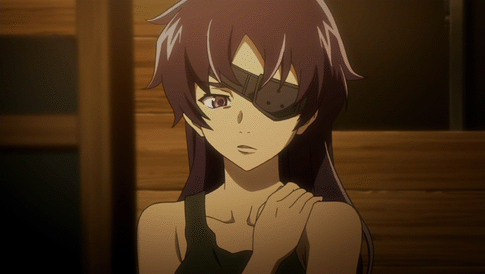
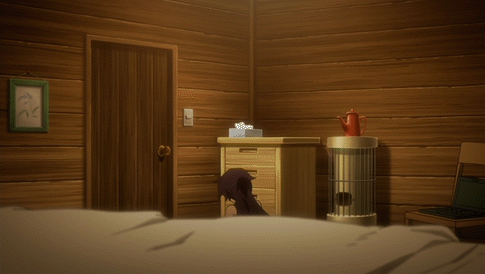
23 notes
·
View notes